PATRIOTS HEAD COACH BILL BELICHICK PRESS CONFERENCE
**
Q:** When you're preparing for the weather, is the mental side of it more emphasized or the physical parts?
BB: What mental side of it? I don't know. We're practicing in it. Whatever we practice in, I'm sure at some point we'll play in it. We've practiced in everything this year: hot, cold, windy, still, day, night, rain. Whatever it is, it is.
Q: What's the coldest game you recall being a part of?
BB: There's been a few. But I don't think any of those really matter right now. [We're] just trying to get ready for Baltimore.
Q: Will you practice in the stadium today?
BB: We will.
**
Q:** How has Ryan Allen adjusted to punting in the cold?
BB: He's been doing it for two years. Whatever it is, it is. We've seen it in games; we've seen it in practice. [There's] nothing we can do about it. We just need to execute whatever we have in whatever conditions we're playing in. We've practiced in all of them.
Q: Did you consider practicing inside from a health perspective?
BB: Nope.
Q: You mean, it's cold outside?
BB: We're playing outside, we're practicing outside.
Q: Their play-action passing game seems like it puts a lot of stress on opposing defenses.
BB: Yeah, they make a lot of big plays, absolutely. They do a good job. They have a good running game. They complement those runs with play-actions. [Joe] Flacco's very good at the deep balls and getting the ball down the field. They have different combinations – deep routes, over routes – they use a bunch of different receivers, the tight ends, the wide outs, backs on check-downs and misdirection plays, fullbacks, tight ends on action that comes back against the flow of the play, stuff like that. They do a lot of that and they do it well.
Q: For your linebackers, is that the primary point of emphasis – making sure they don't get sucked into the run play?
BB: Well, it could be. It depends on what the defense you're in is and it depends on what play they run. Some plays are the responsibility of, it depends what the coverage is and what the formation is and what the play is. It's not always the same guy. It's not always the same guy in the same play. That's why practice is so important. We go out there and practice and play and we have one defense called, but if we had another defense called and they ran the same play, then that's where the other guys say, 'OK, if we were in this other defense, you would have this guy, you would have that guy, you would be the force guy, you would whatever.' We can't run the same play against five different defenses. We just don't have enough plays in practice, not even close to that. We have to be able to recognize the play. But if we happen to be in a different call, it could change the assignments. It could totally change them. Or if they flip sides on the play, then all the guys that saw it on this side would now be seeing it on the other side. It's whoever's responsibility it is, that's who it is. But it could vary based on what we're in, what formation they run it out of and what the actual play is.
**
Check out photos from access to players and coaches as the Patriots prepare to take on the Baltimore Ravens in the Divisional Round of the playoffs.

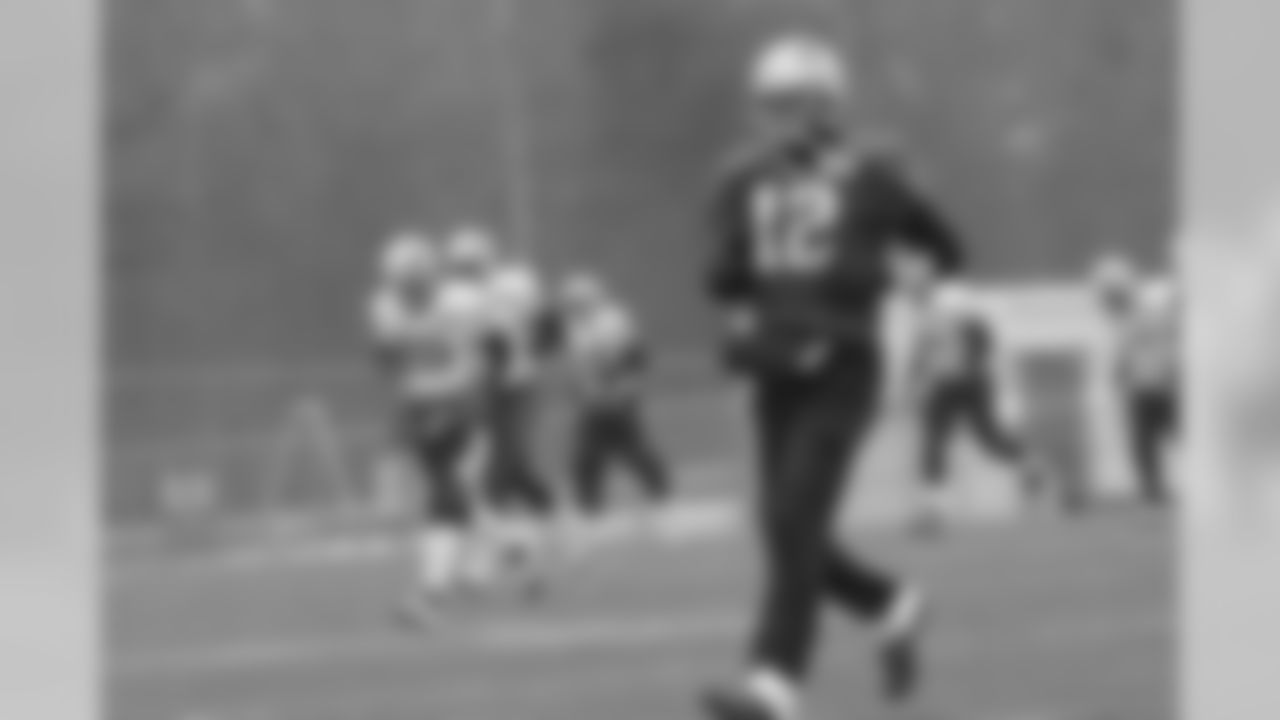
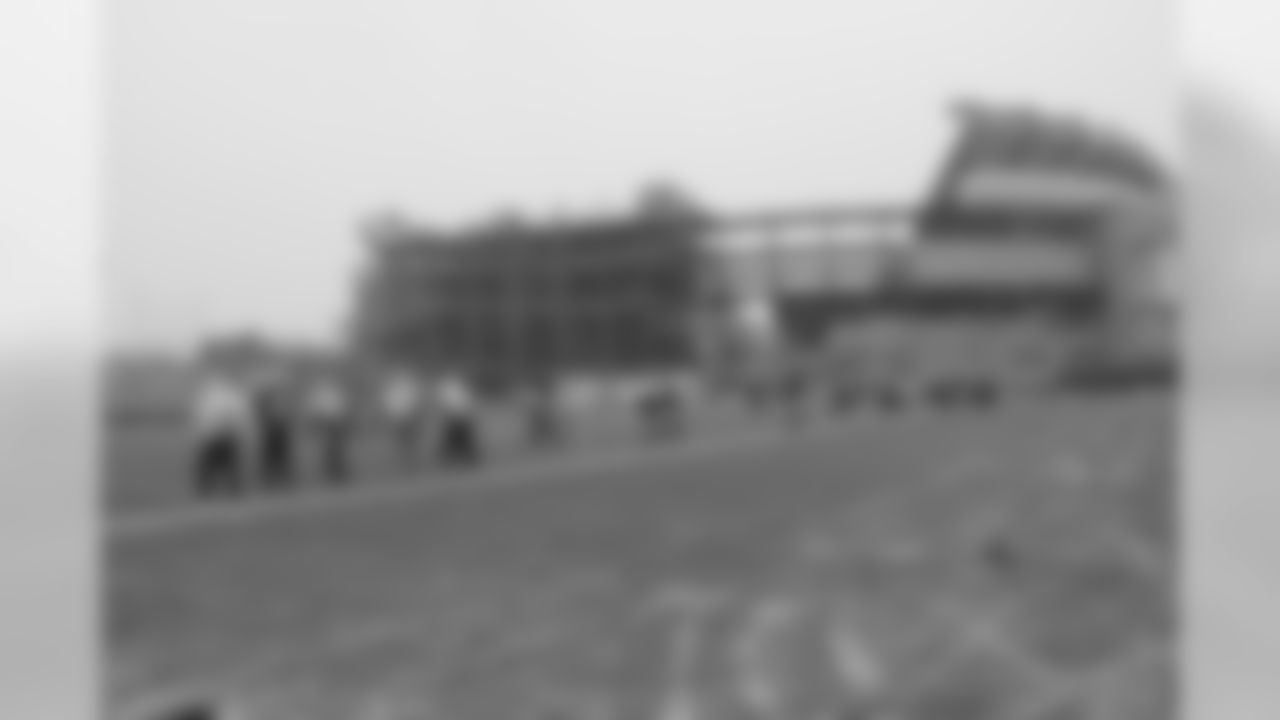
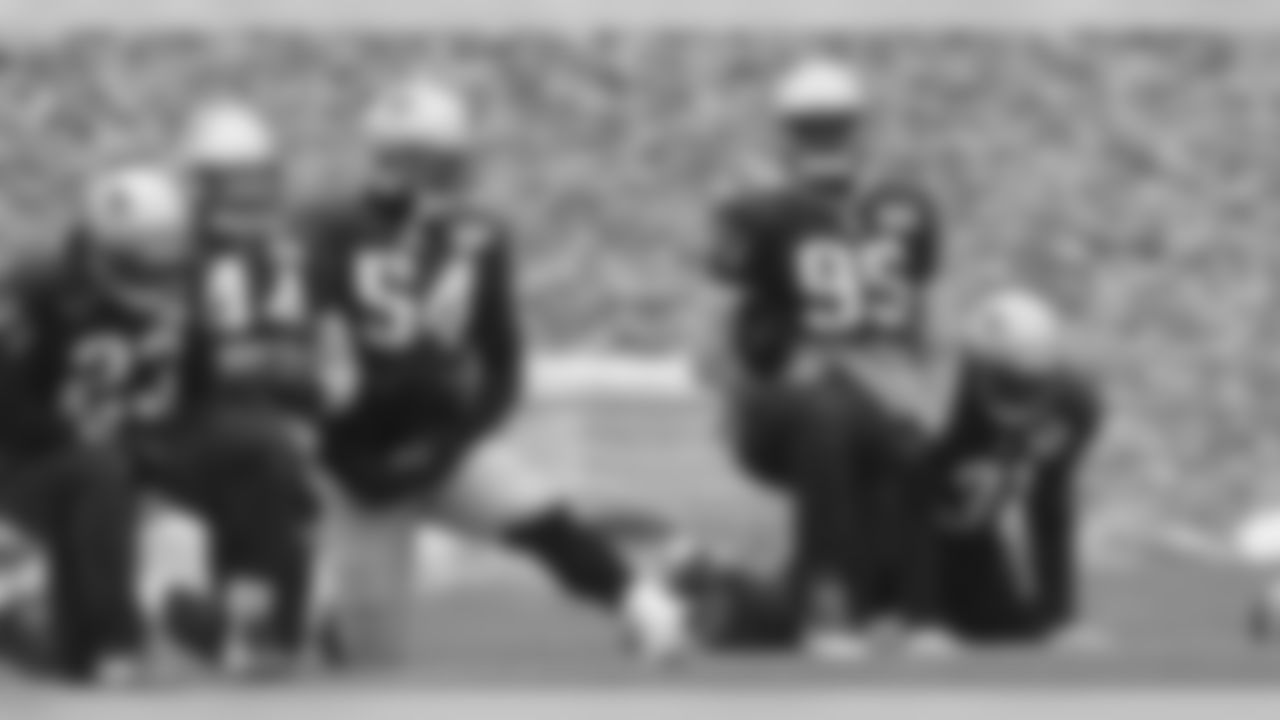
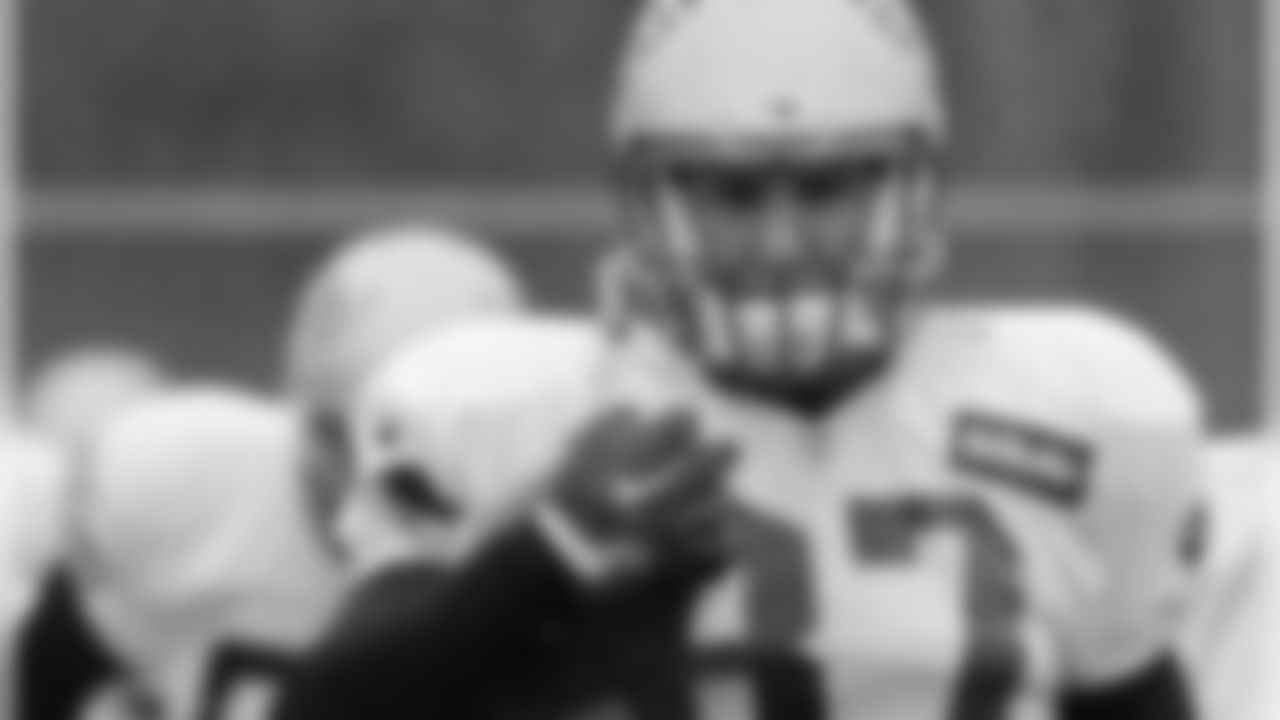
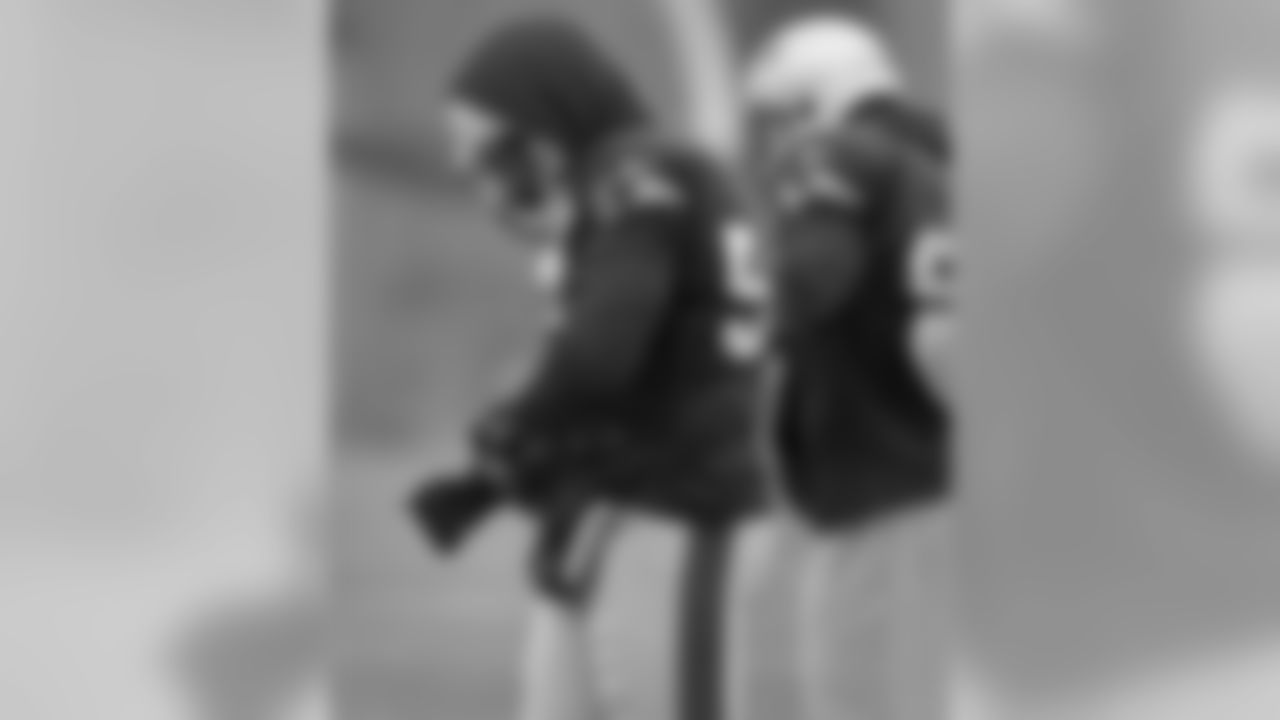
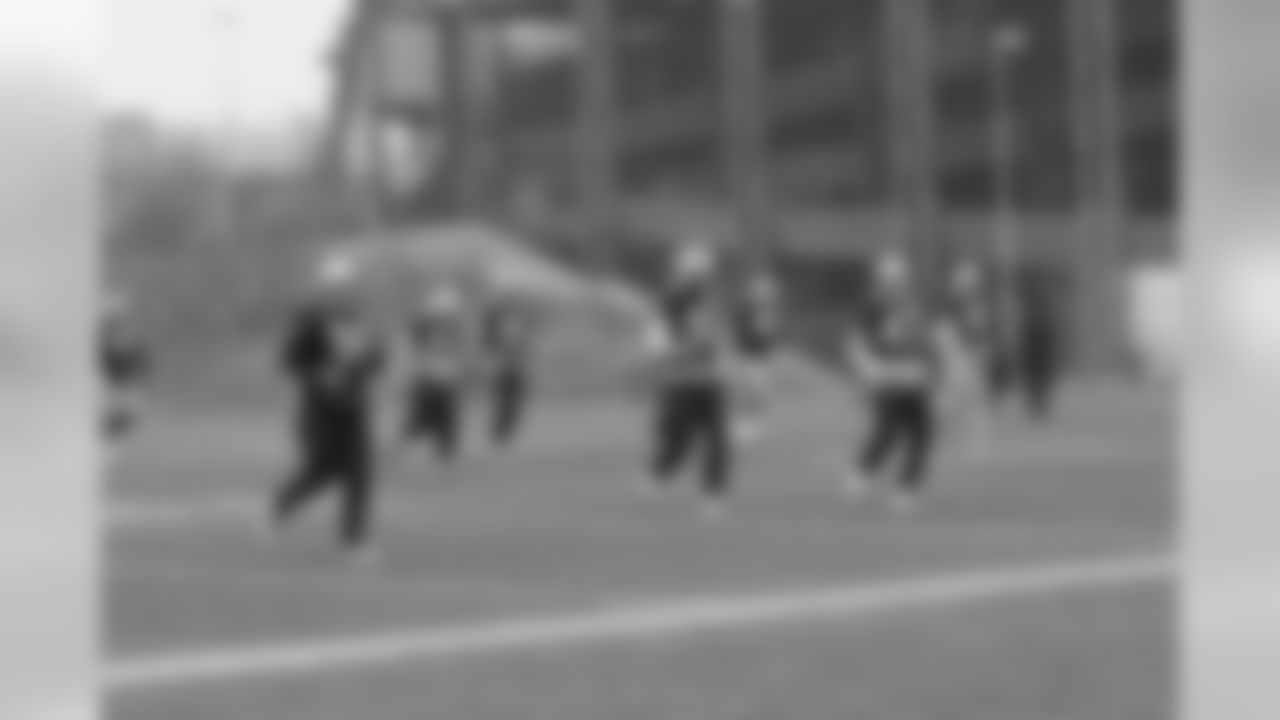
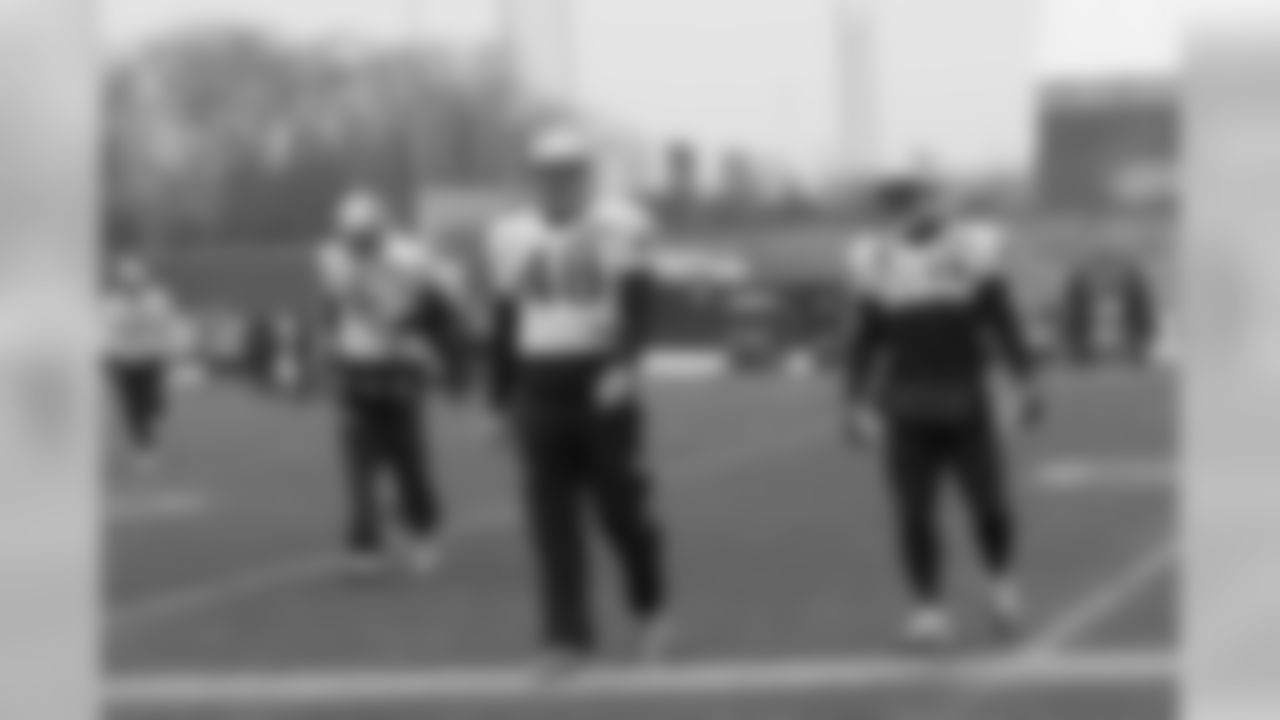
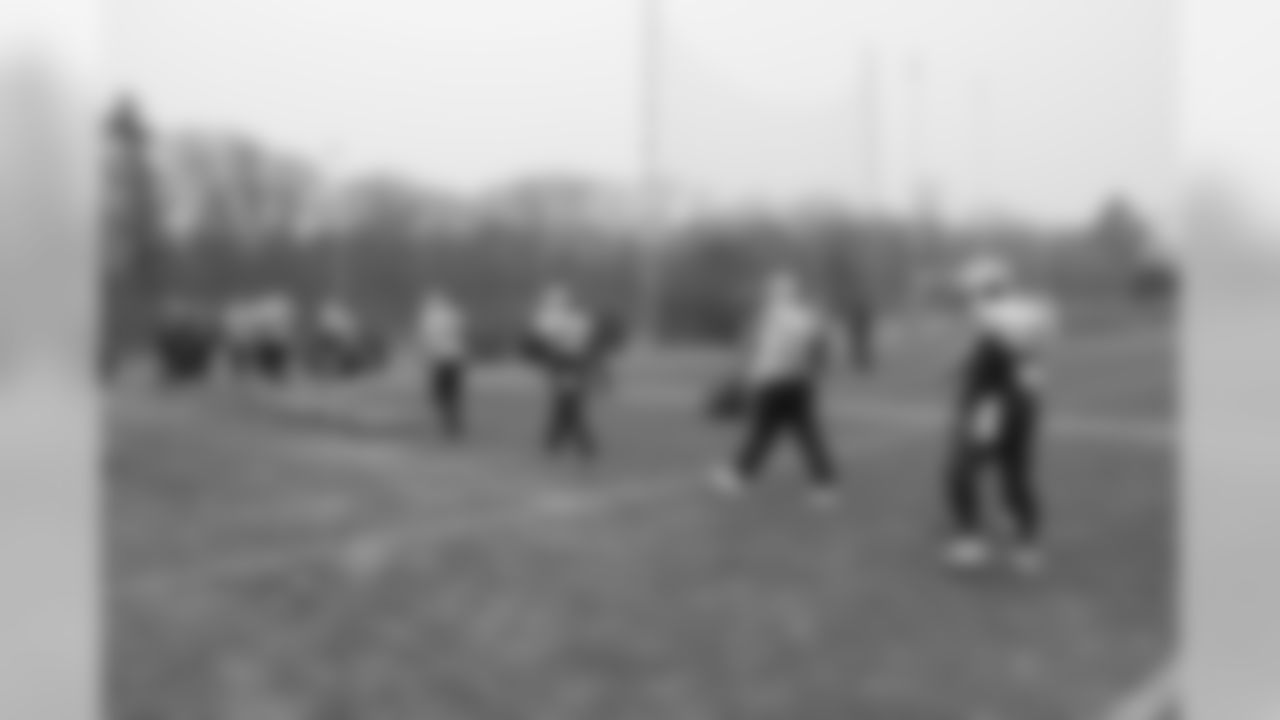
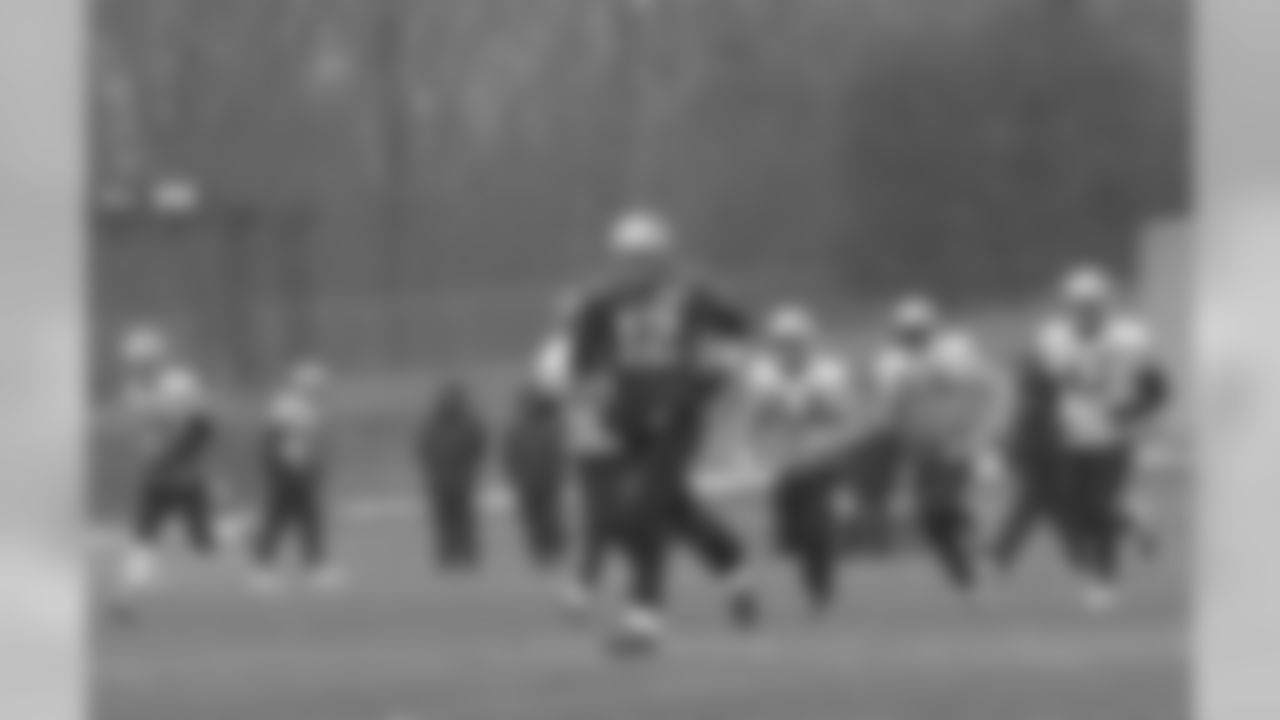
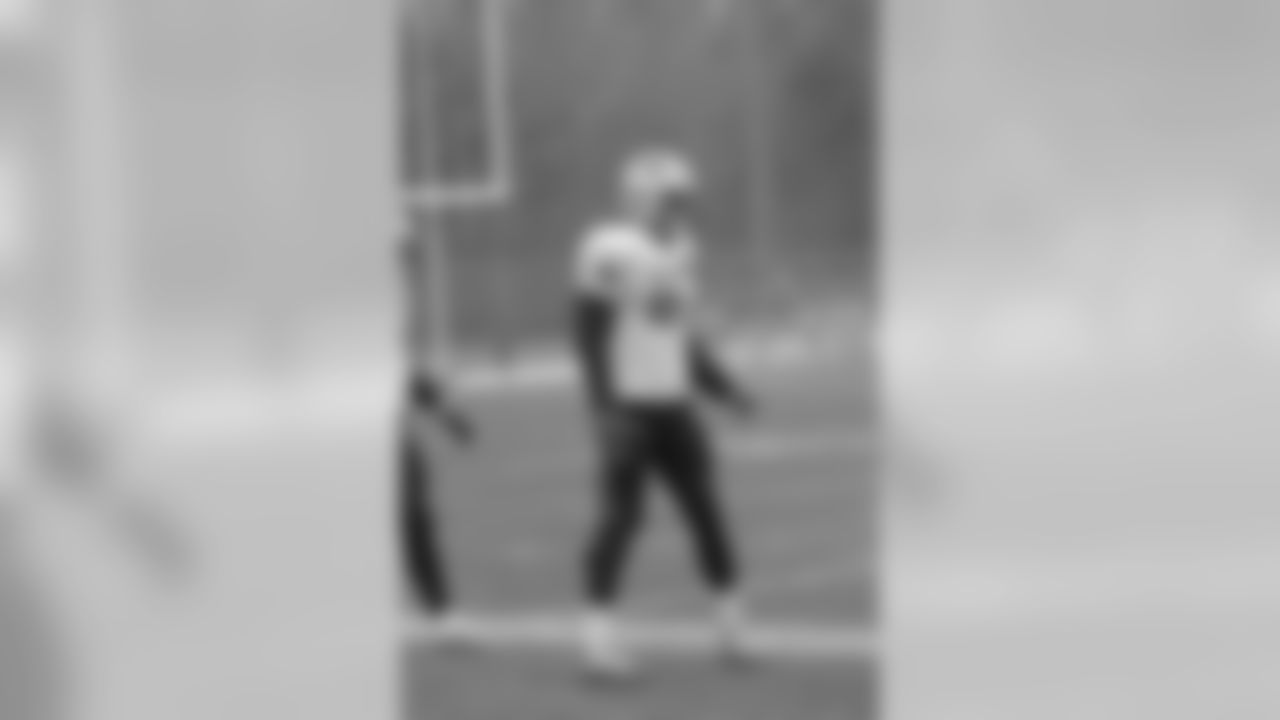
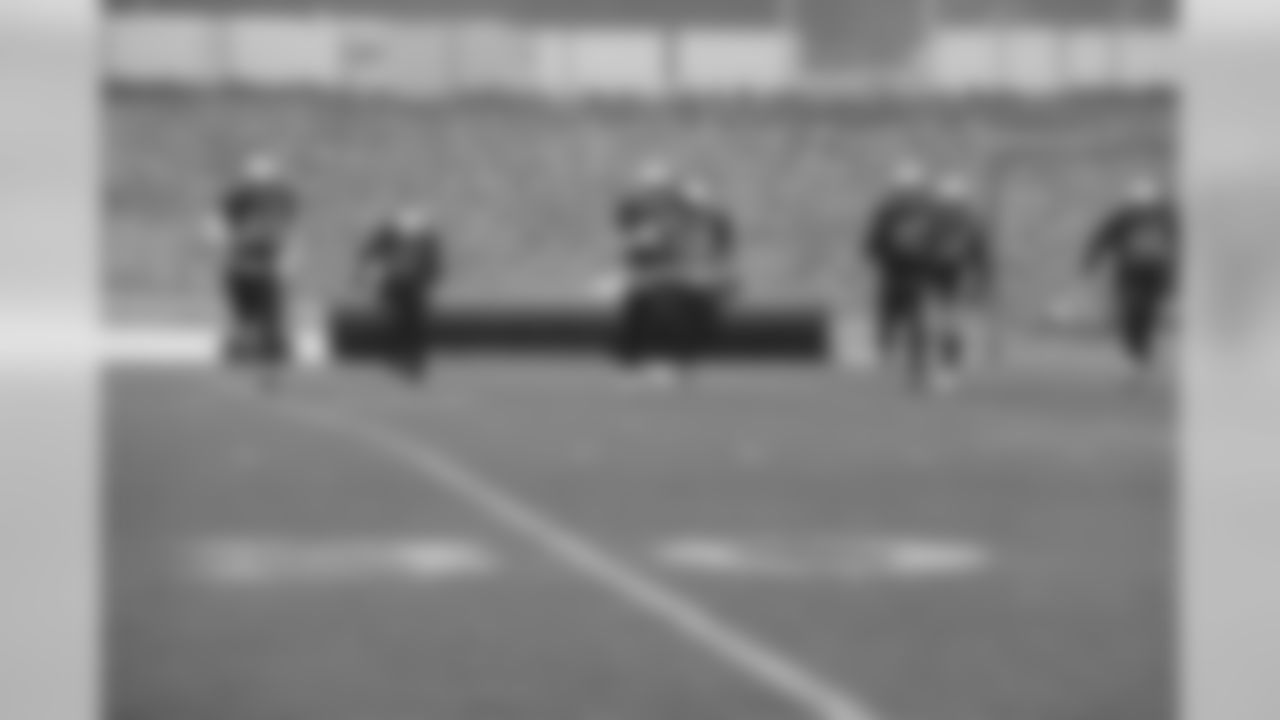
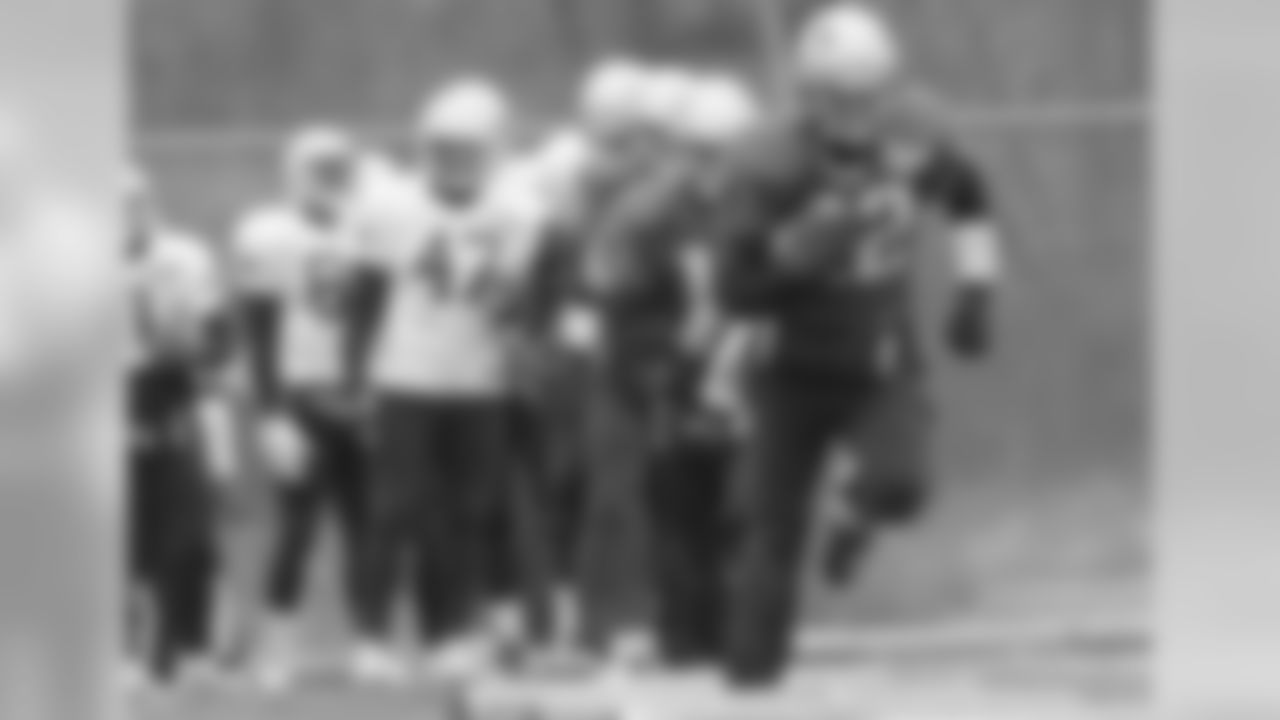
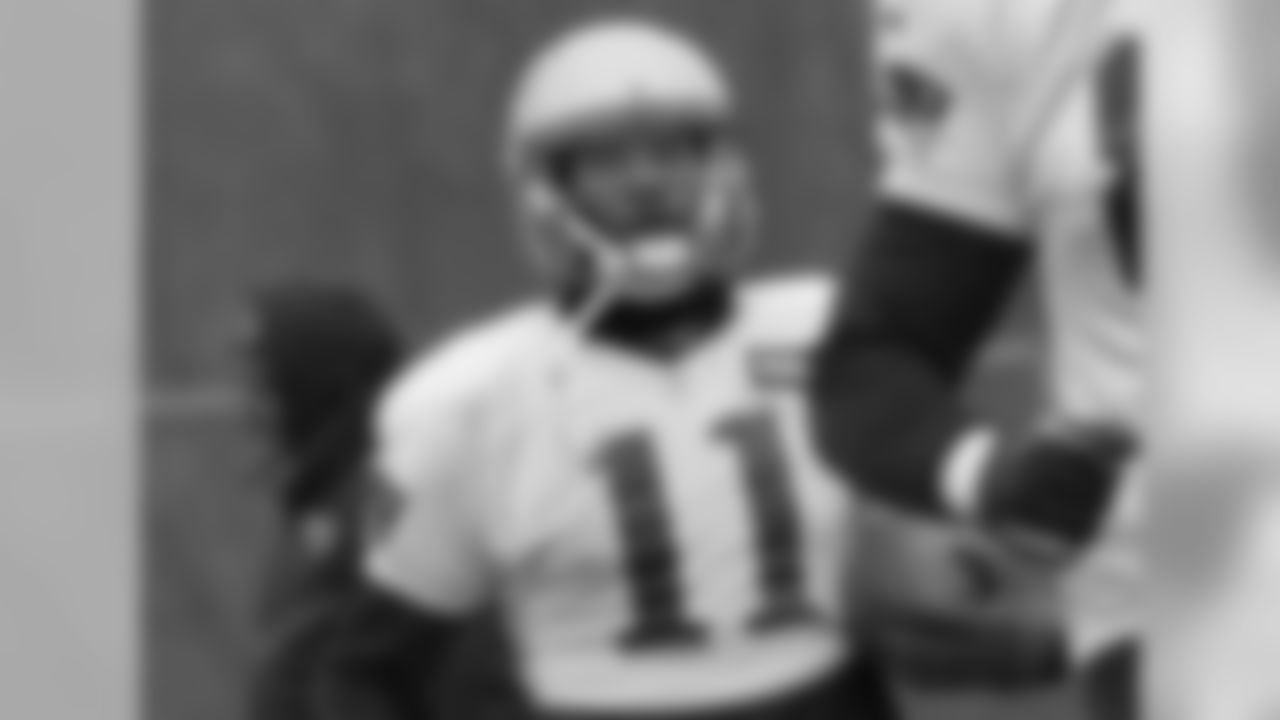
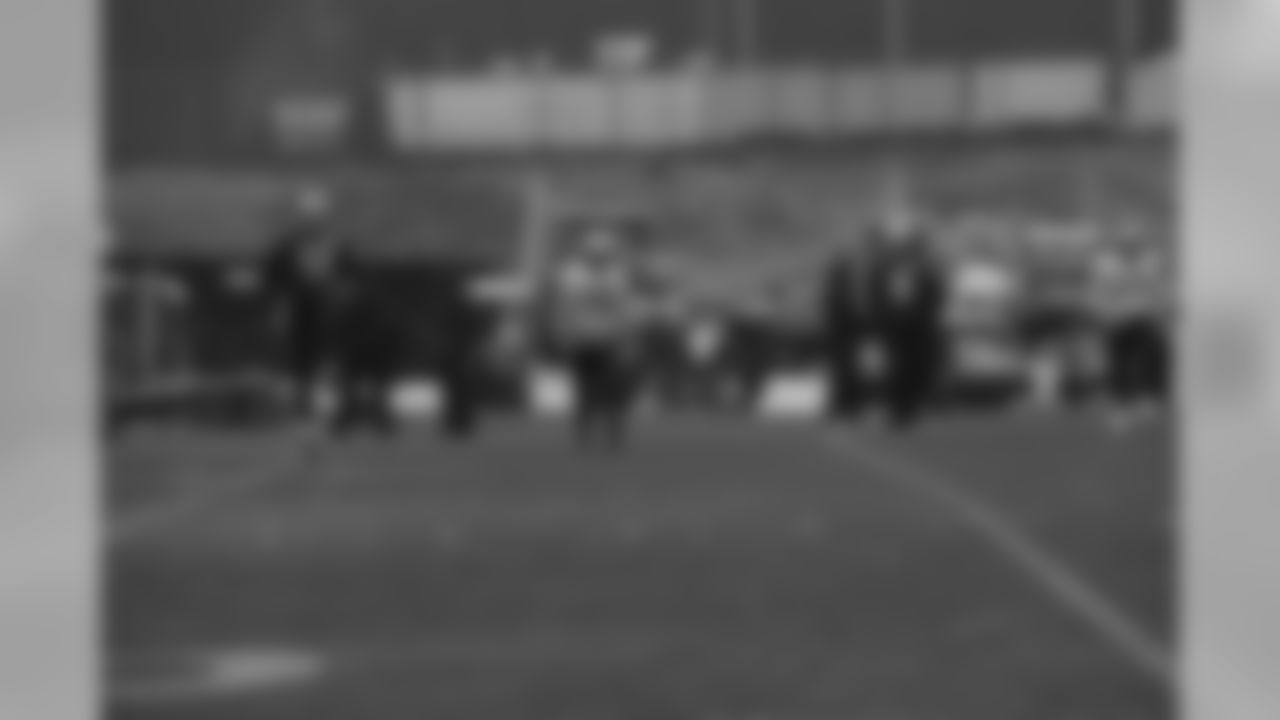
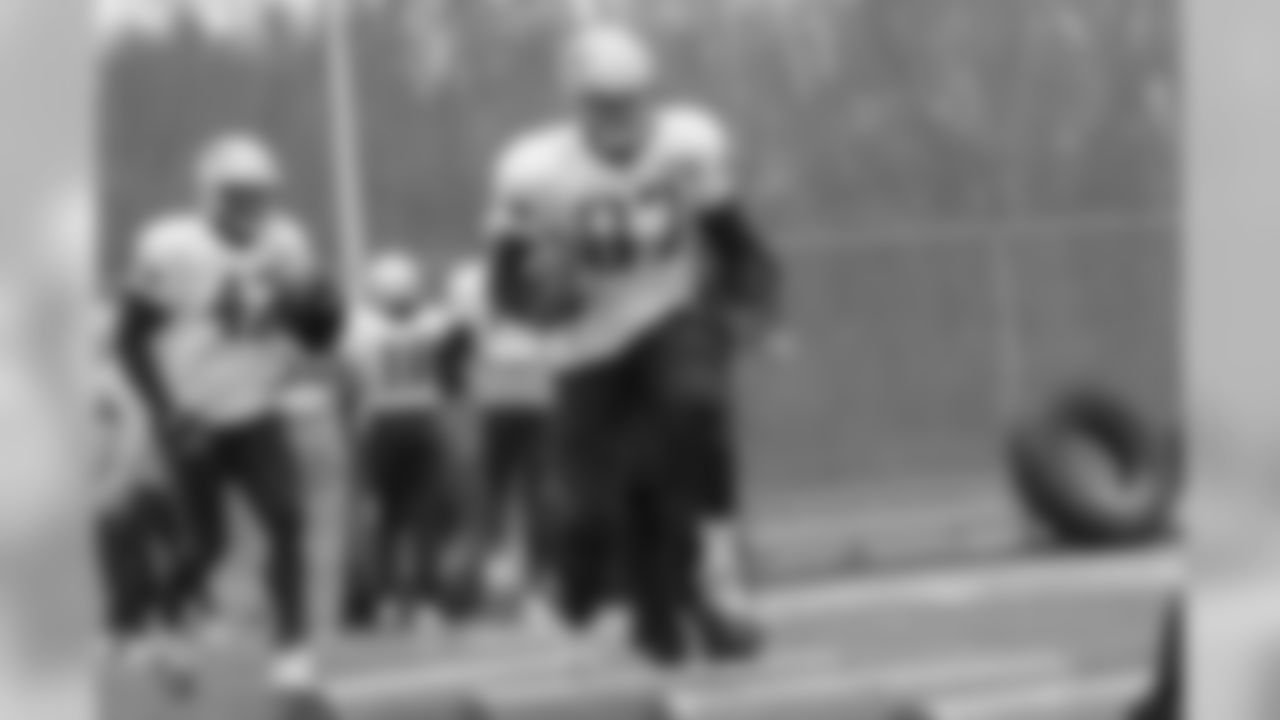
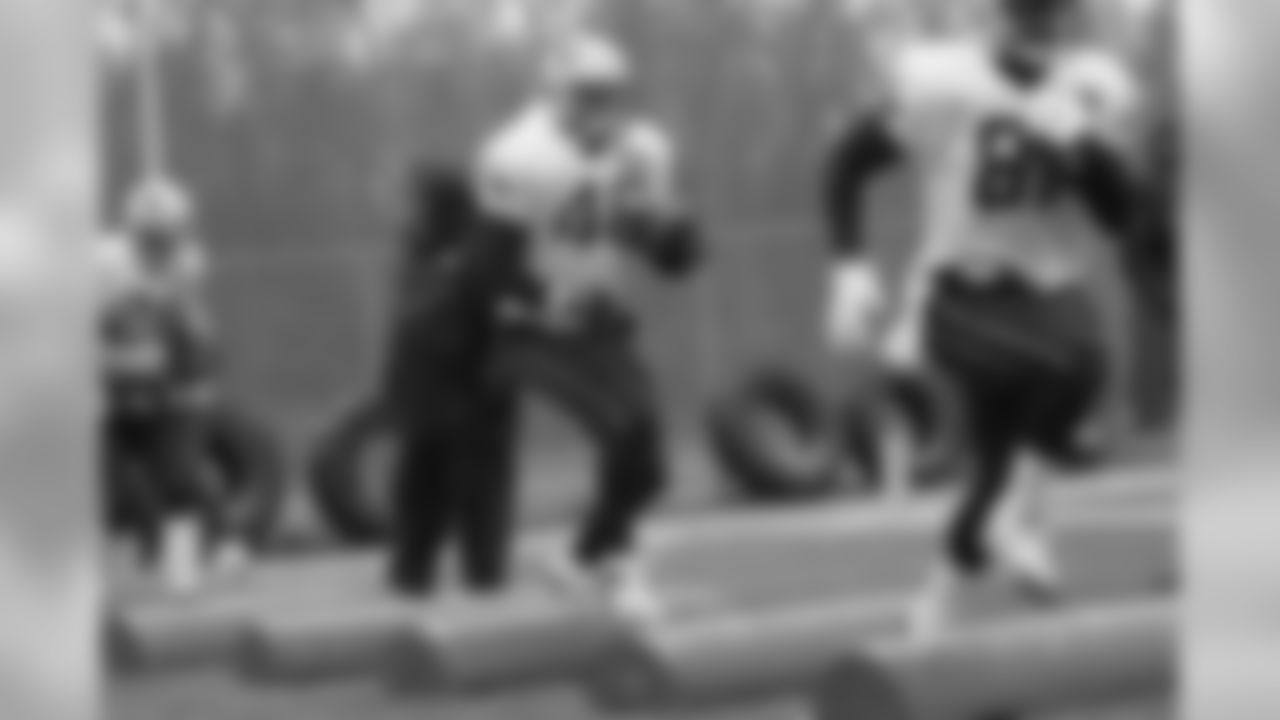
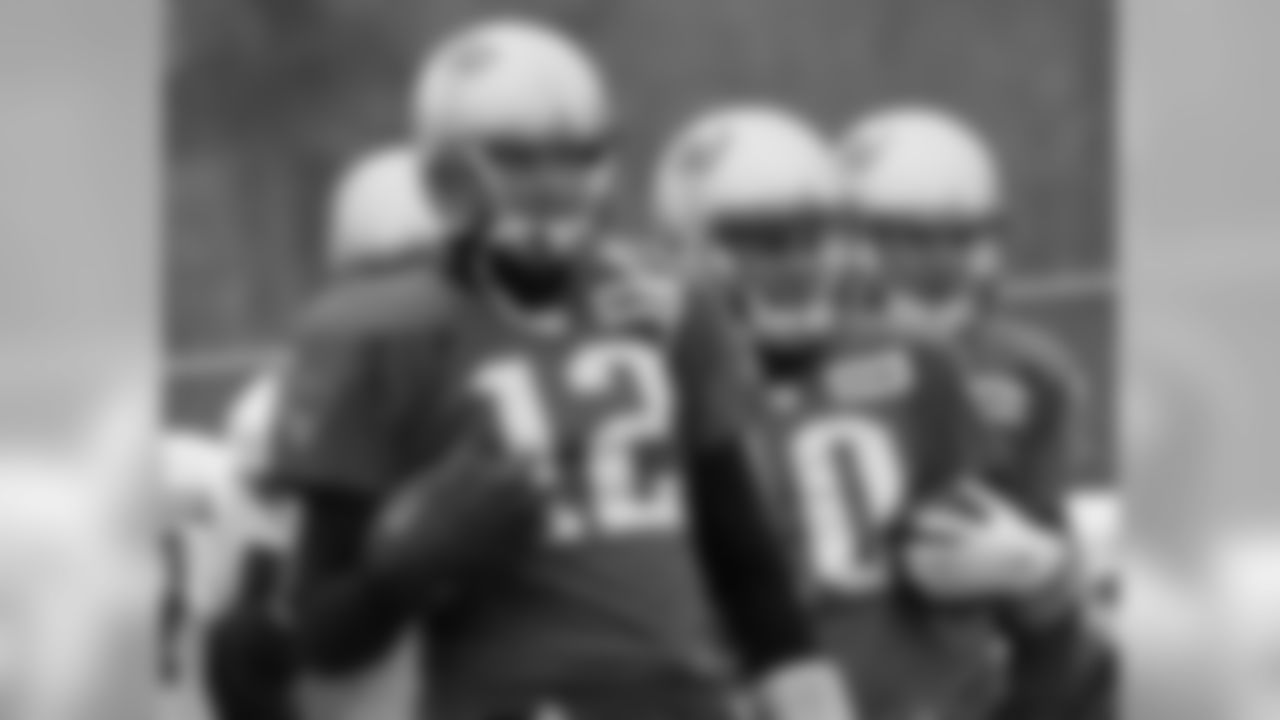
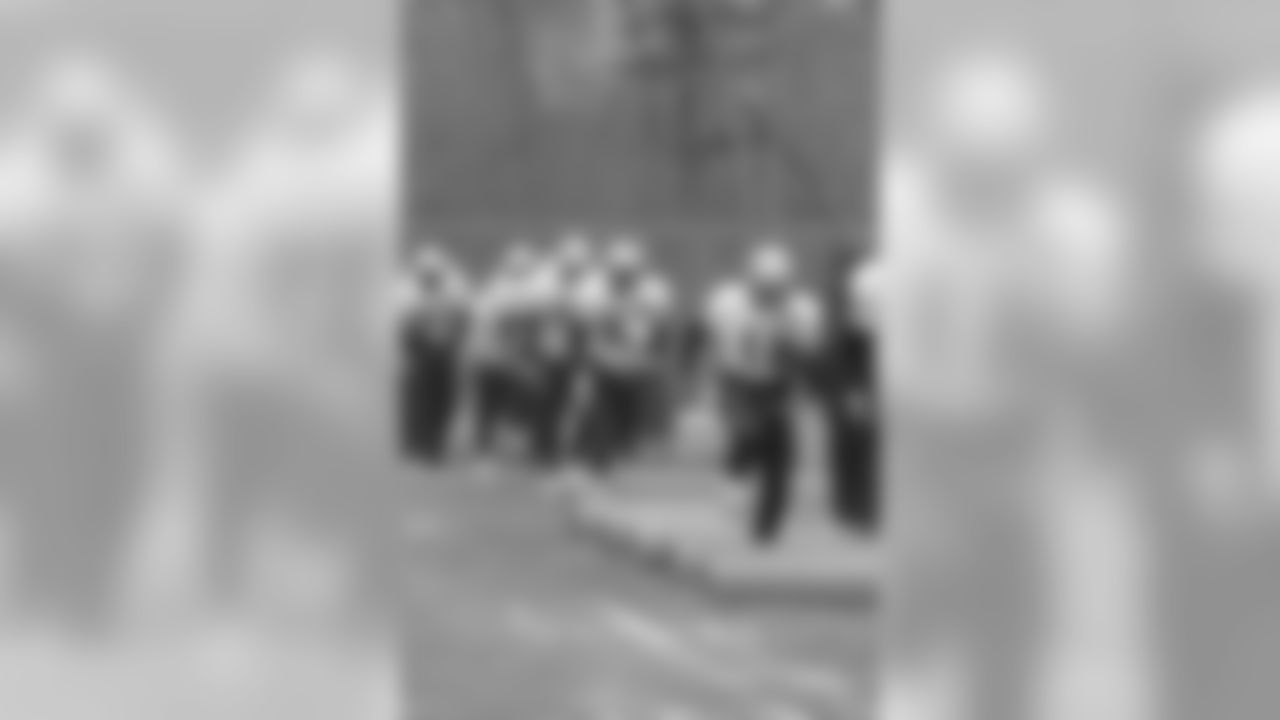
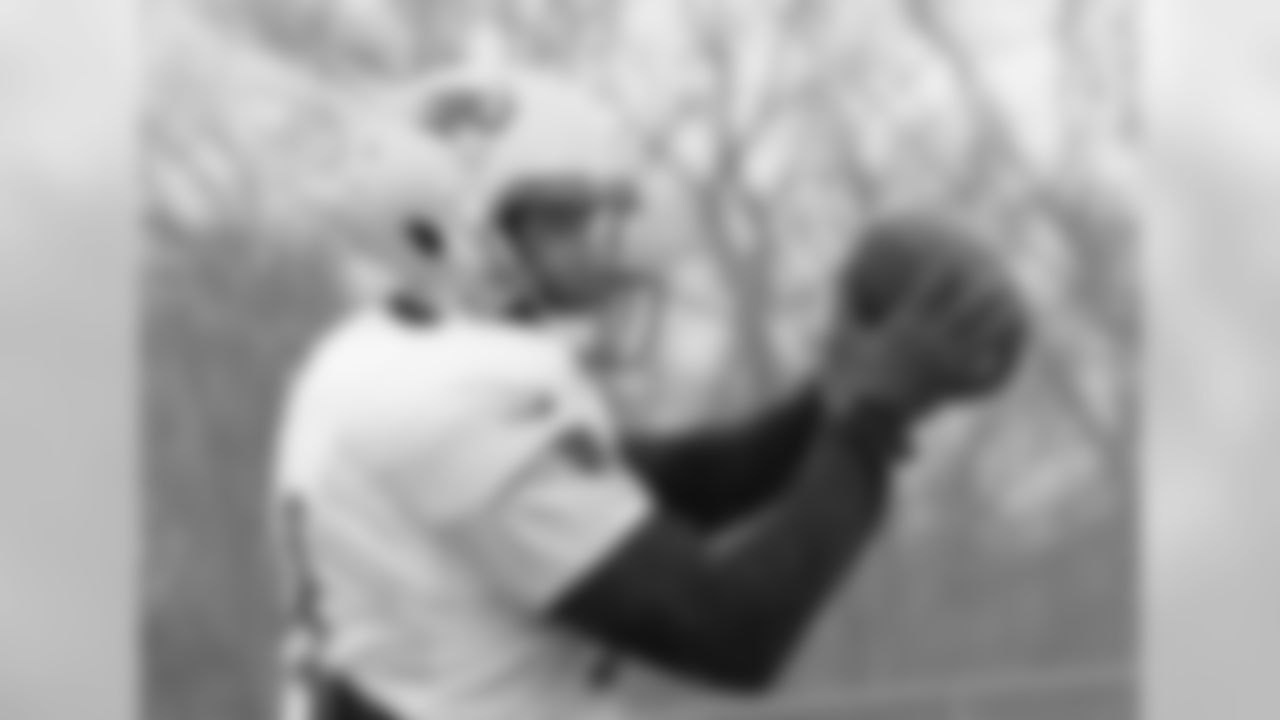
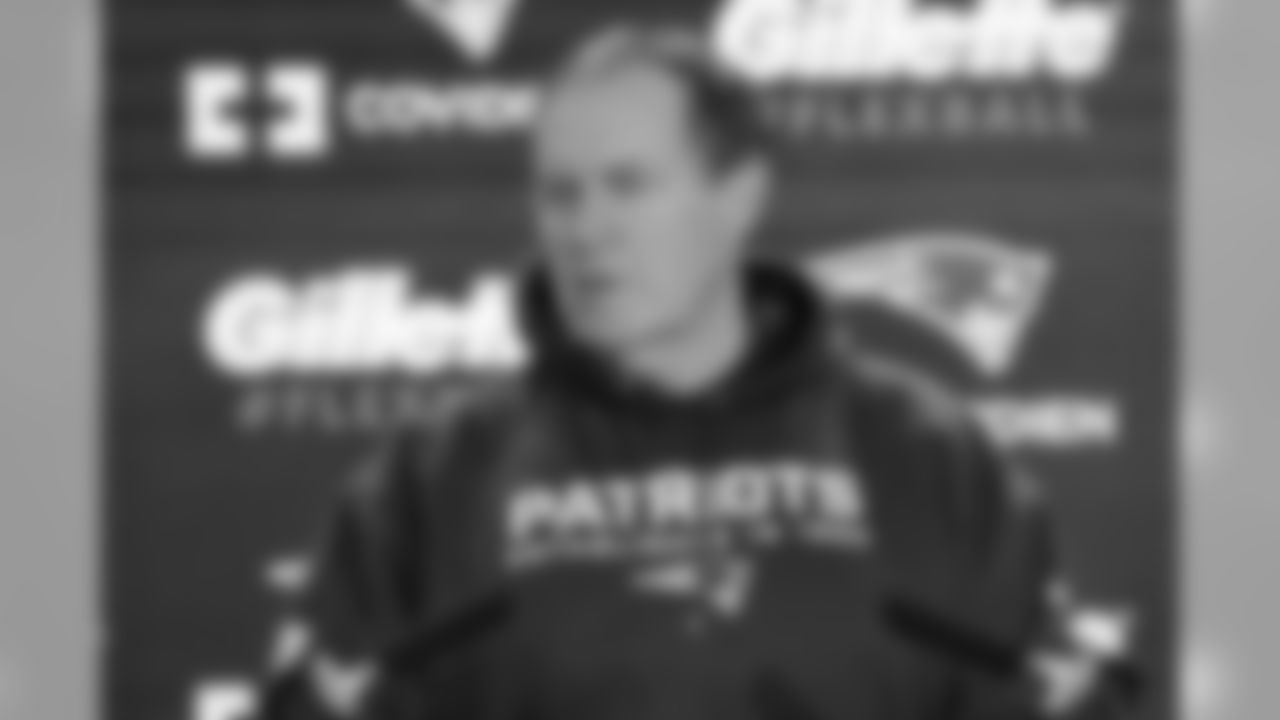

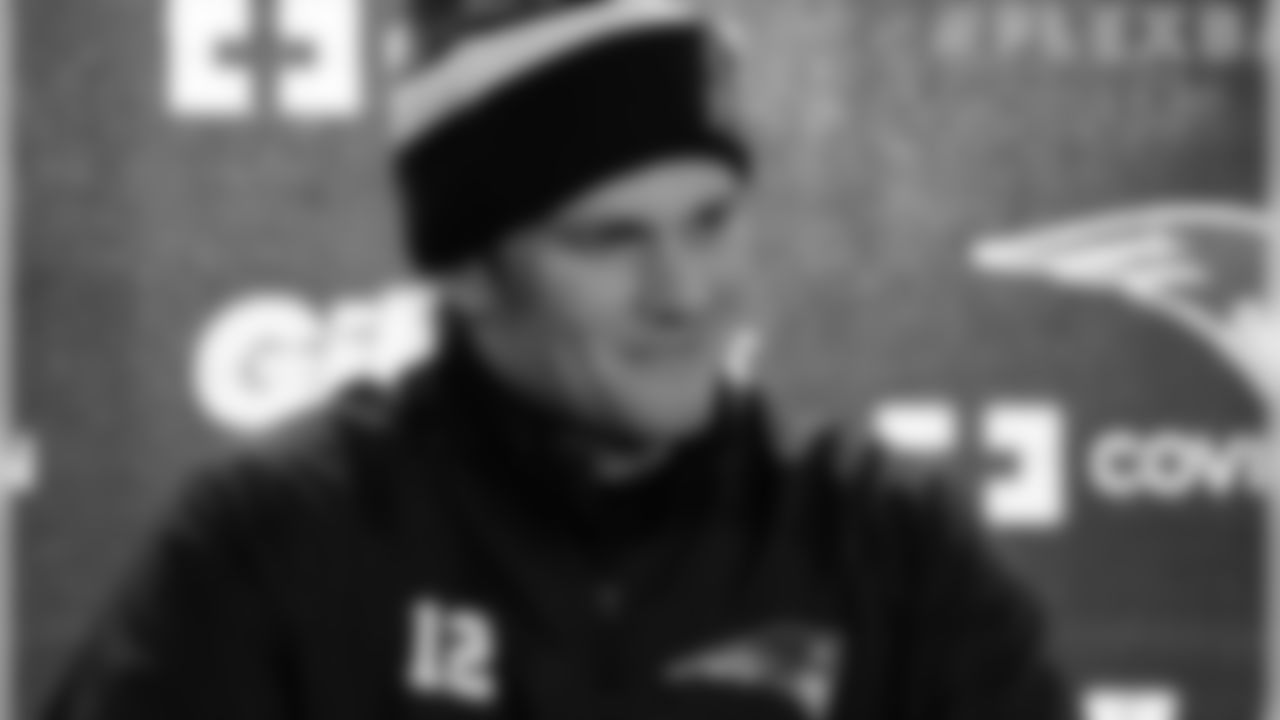
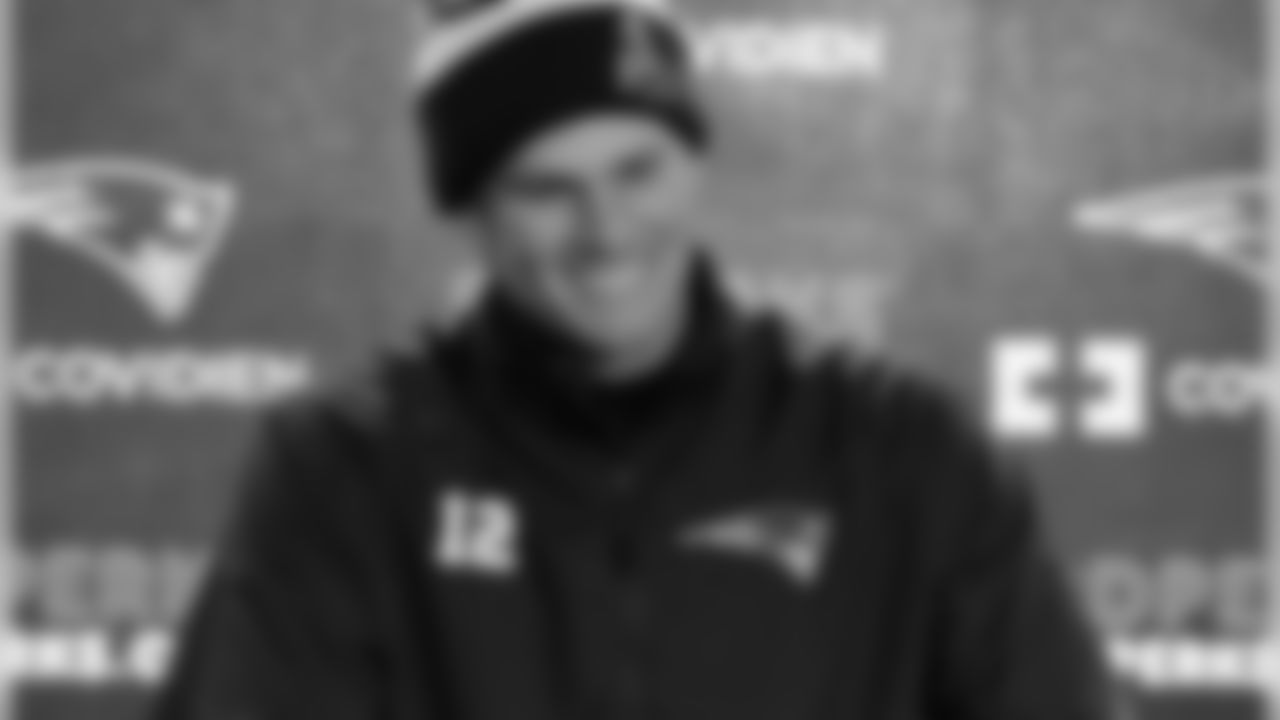
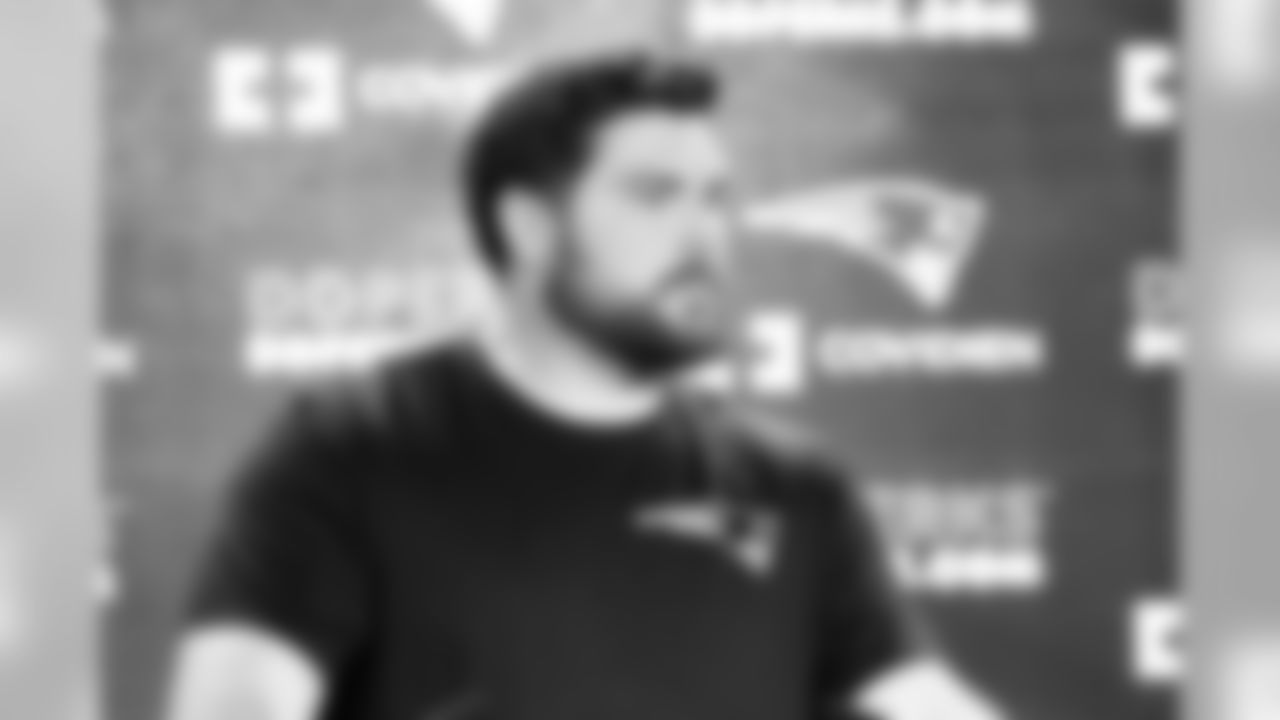
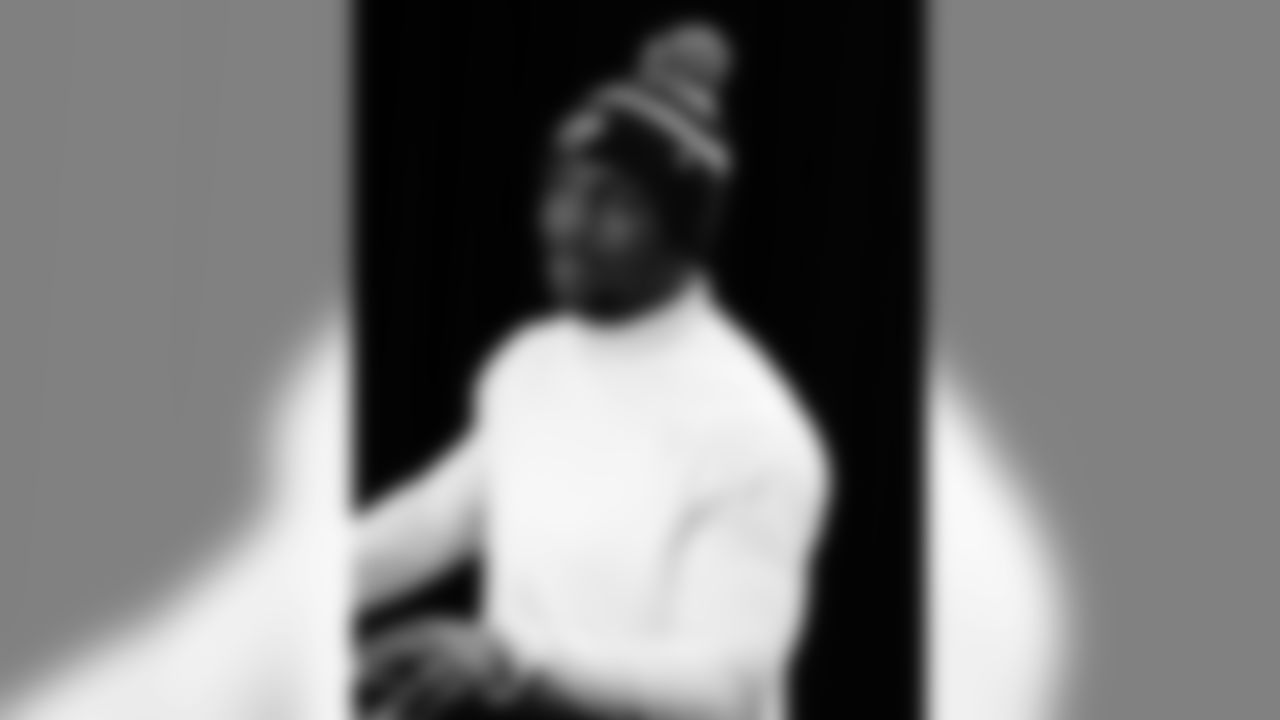

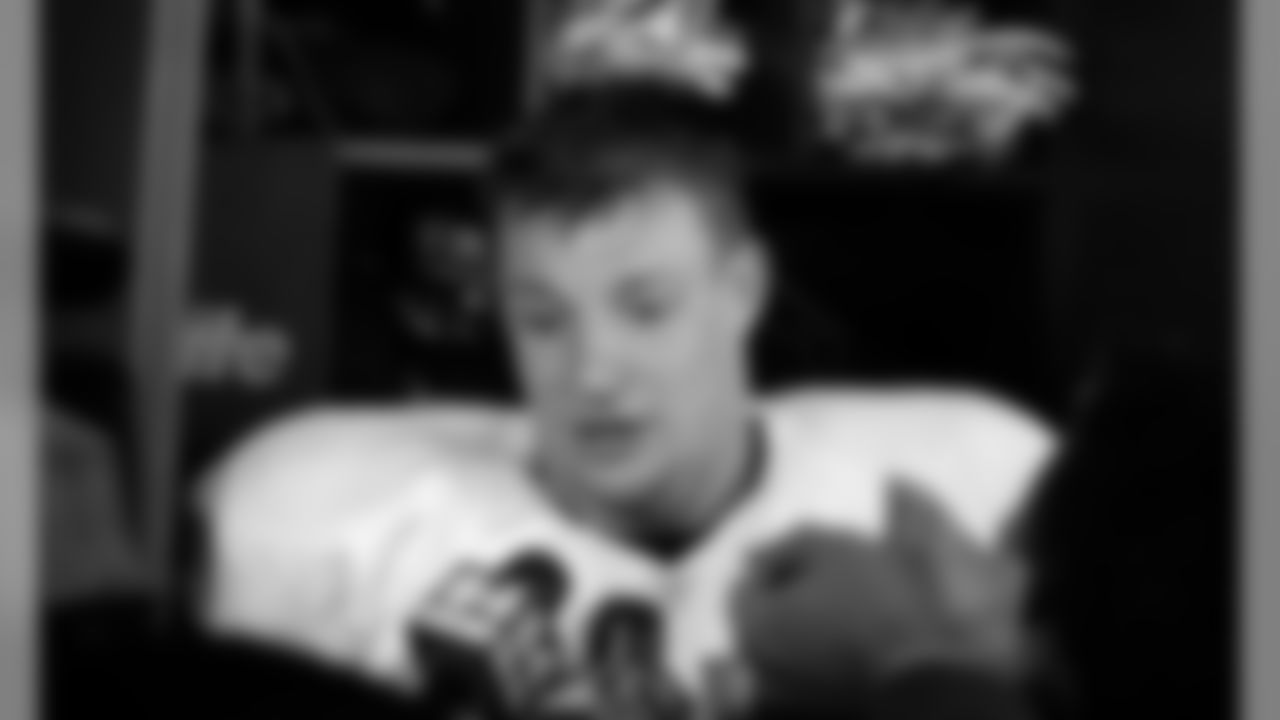
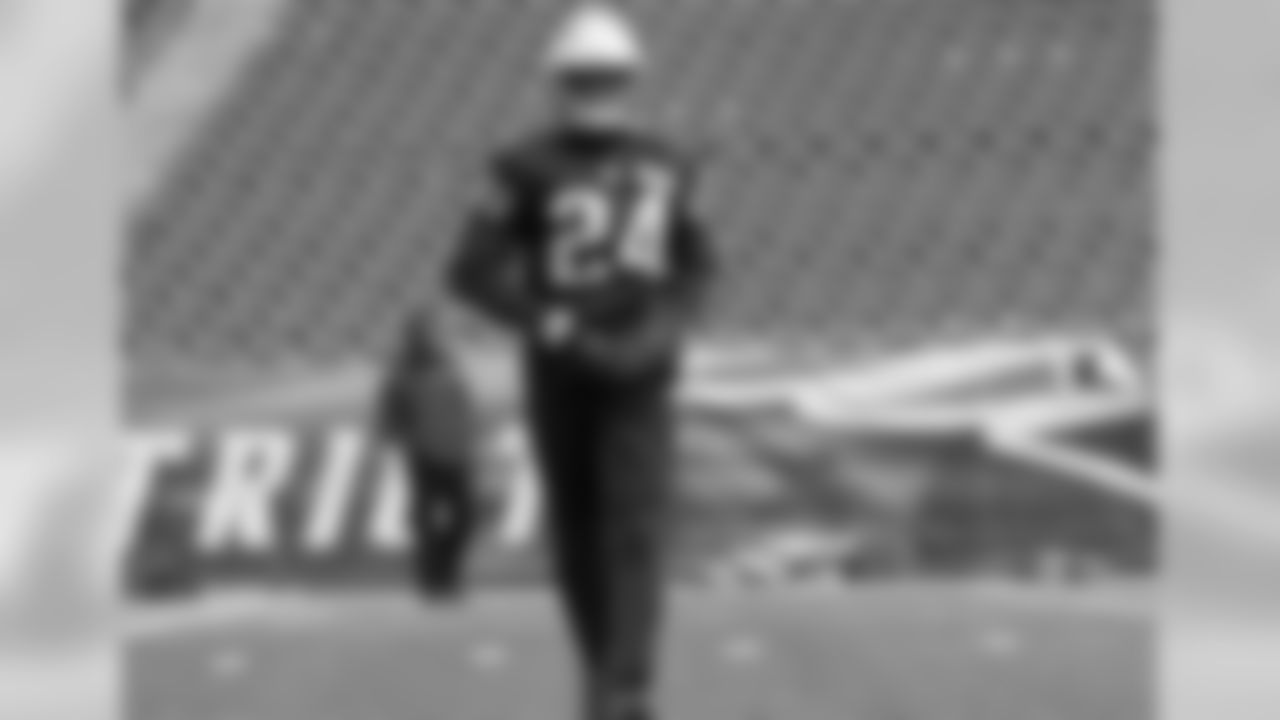
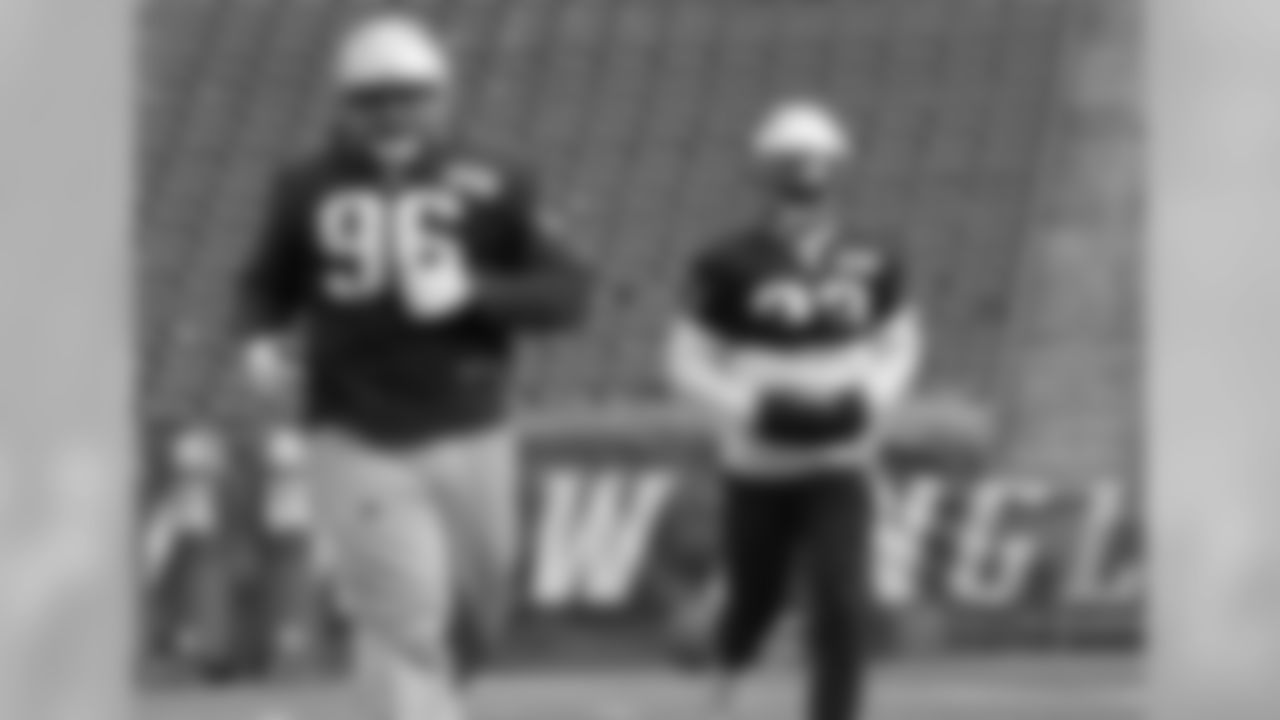
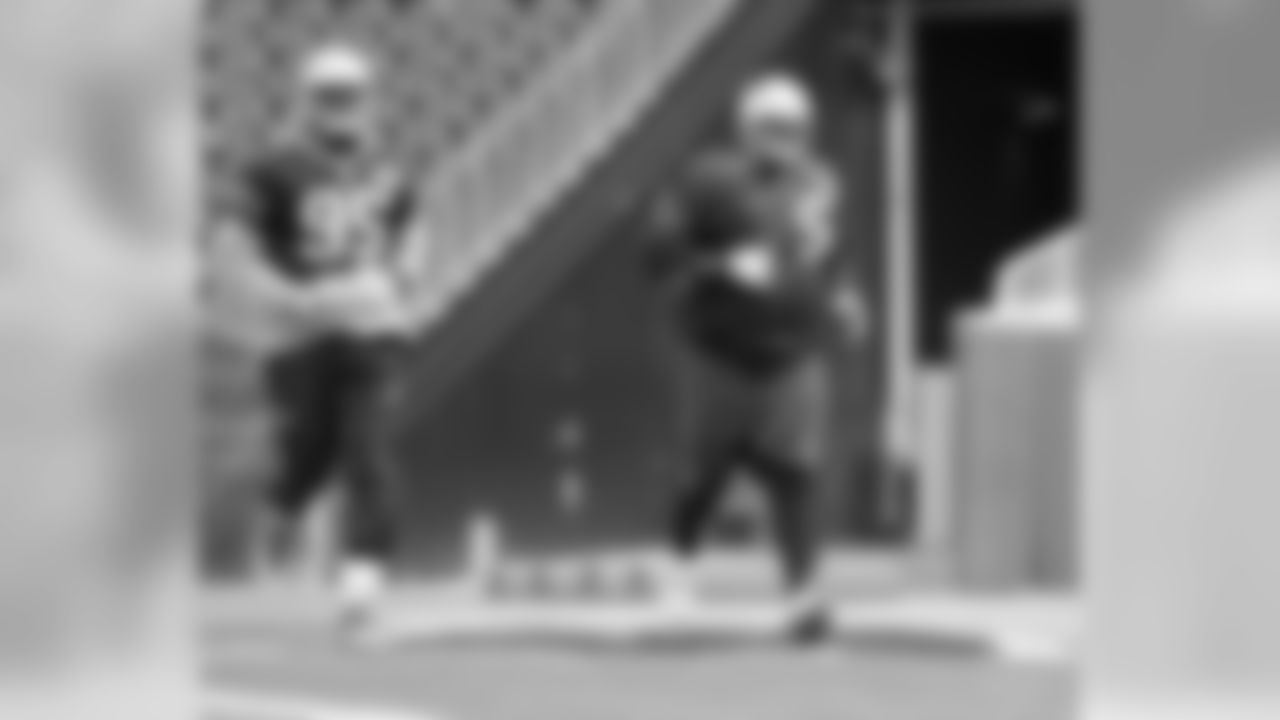
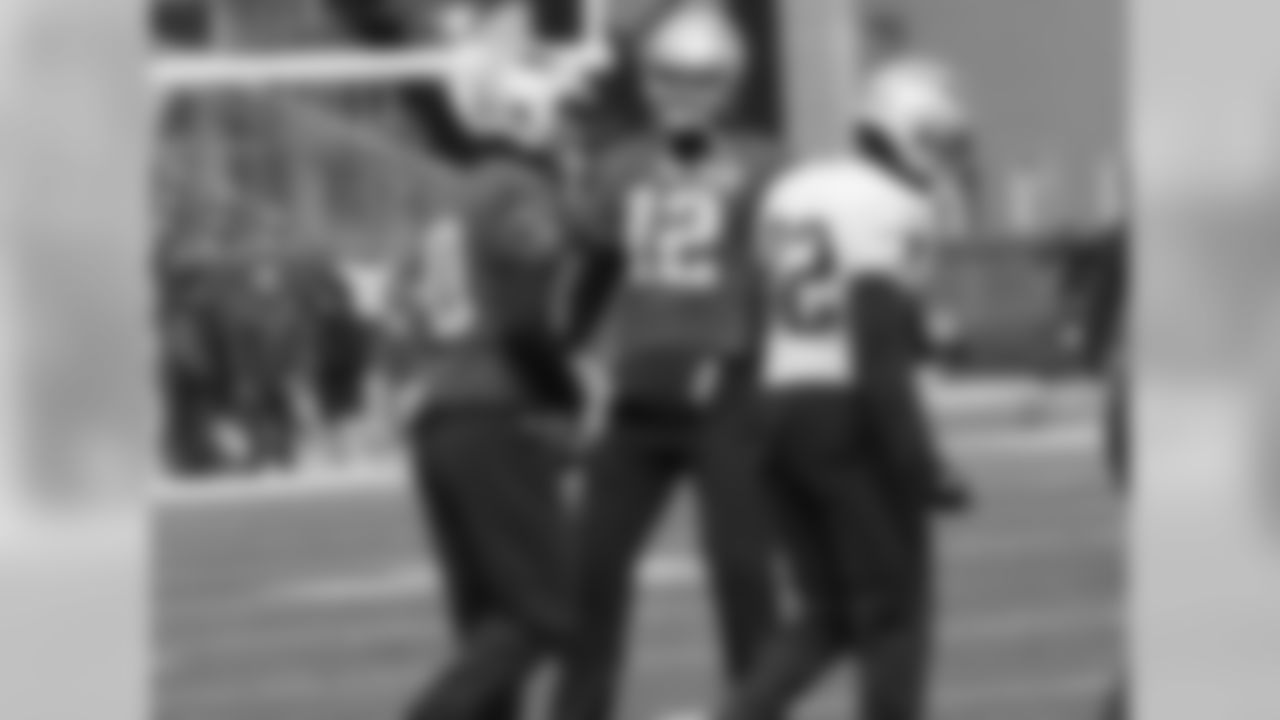
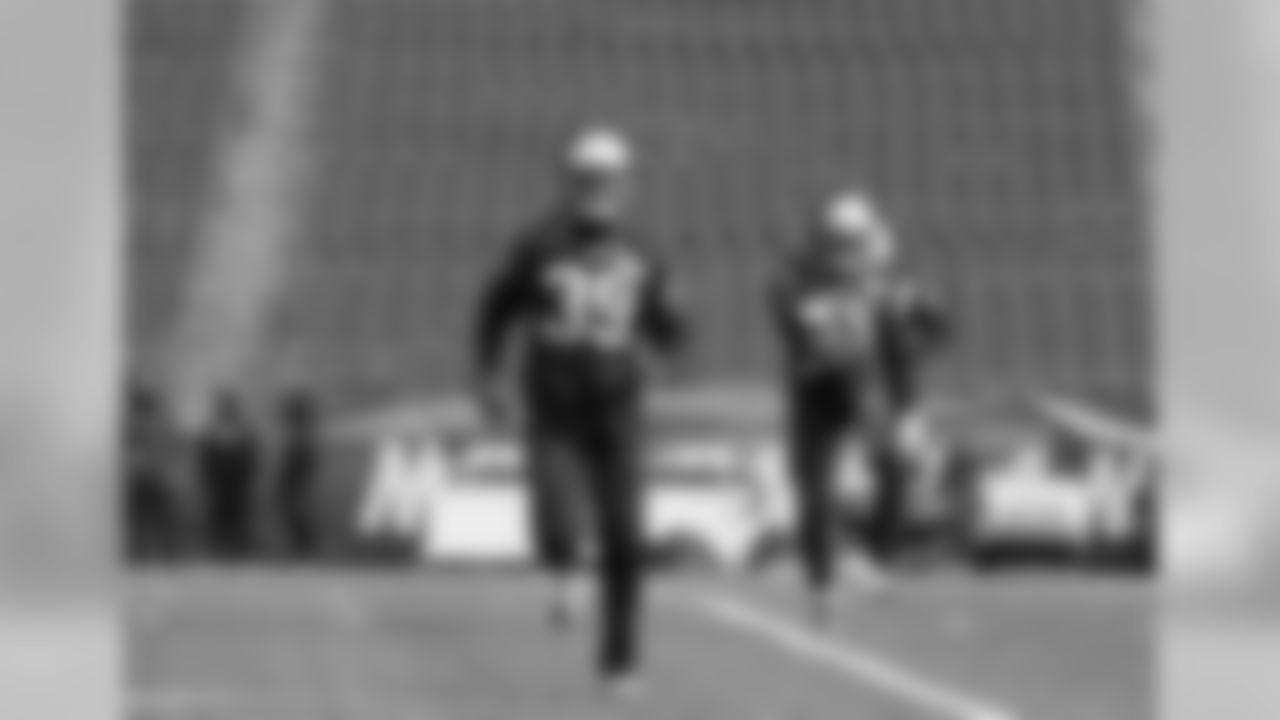
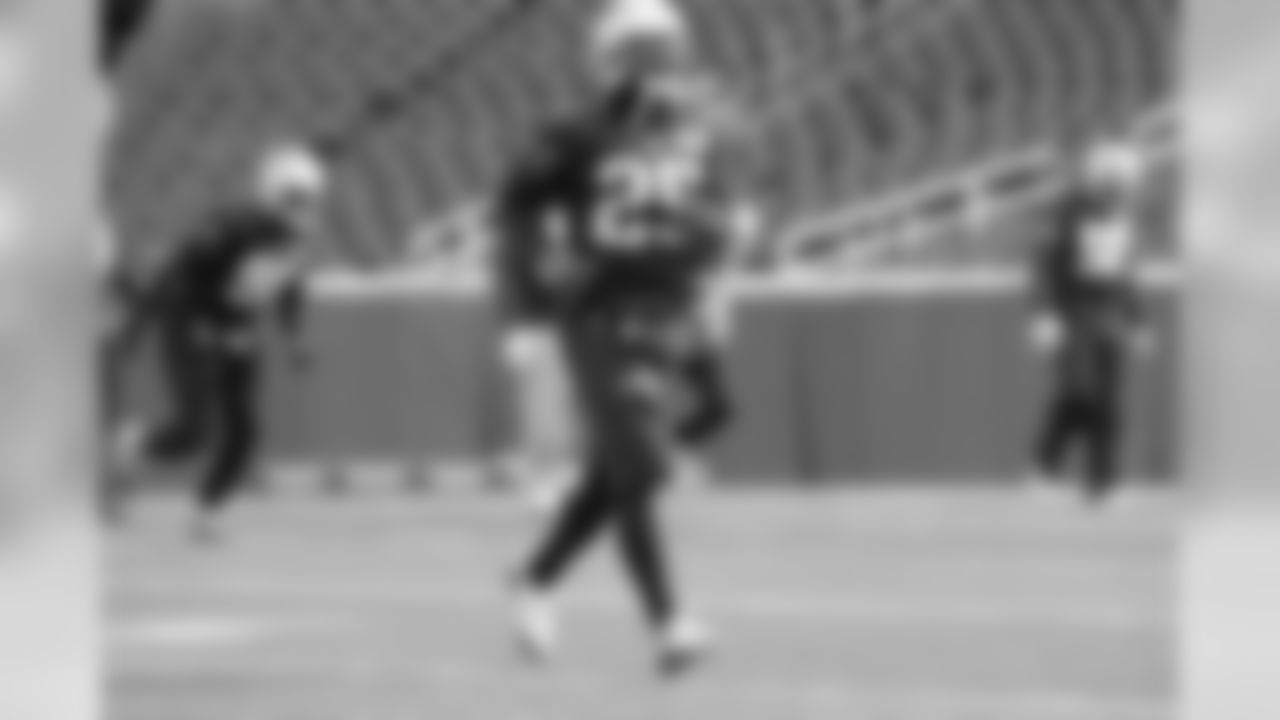
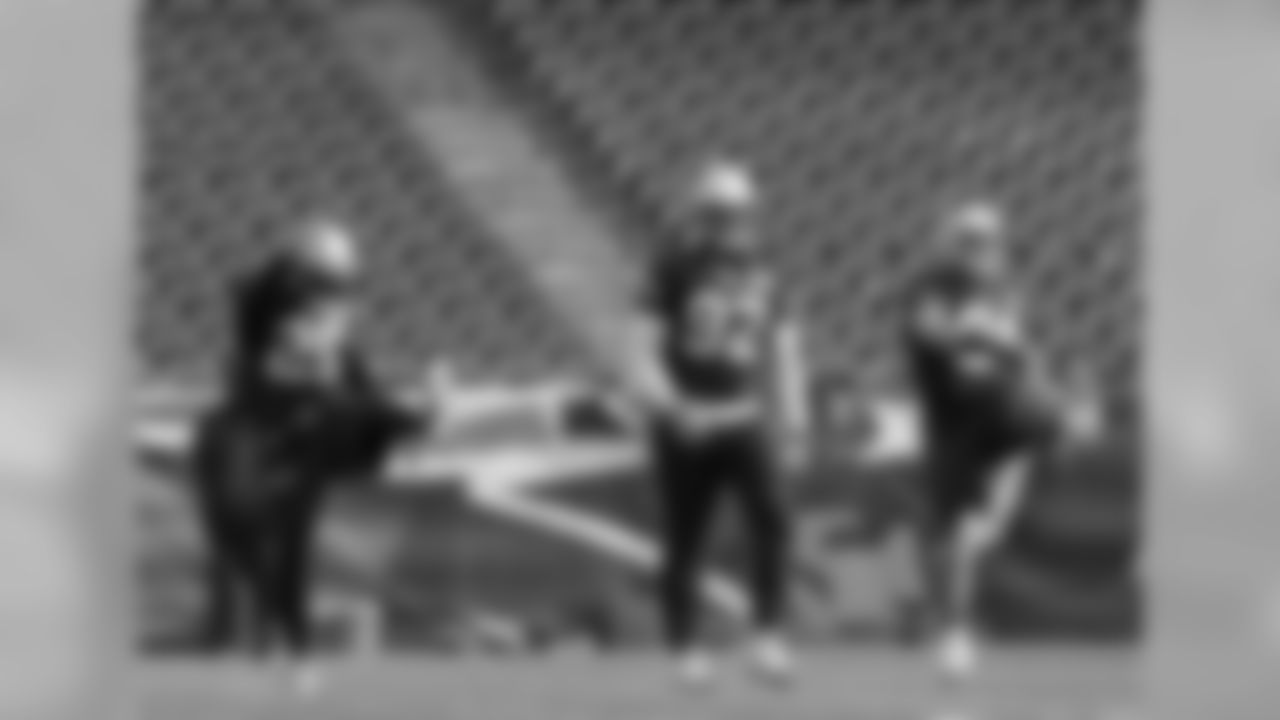
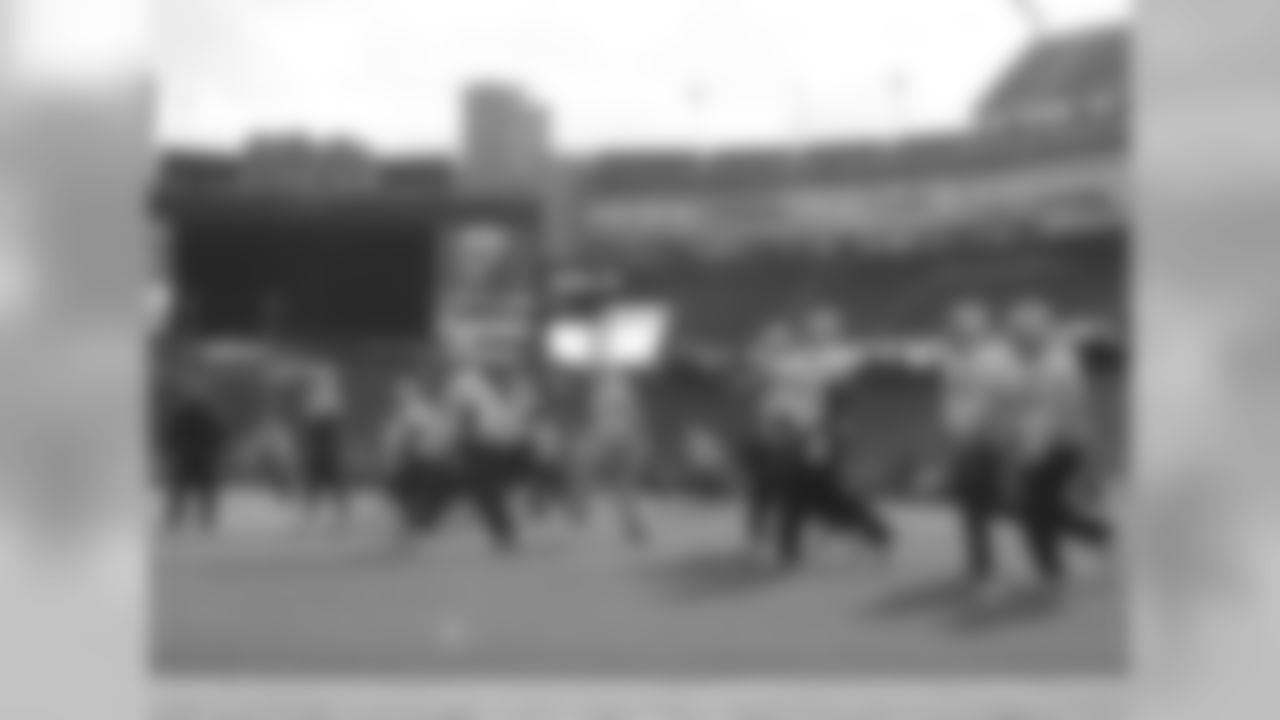
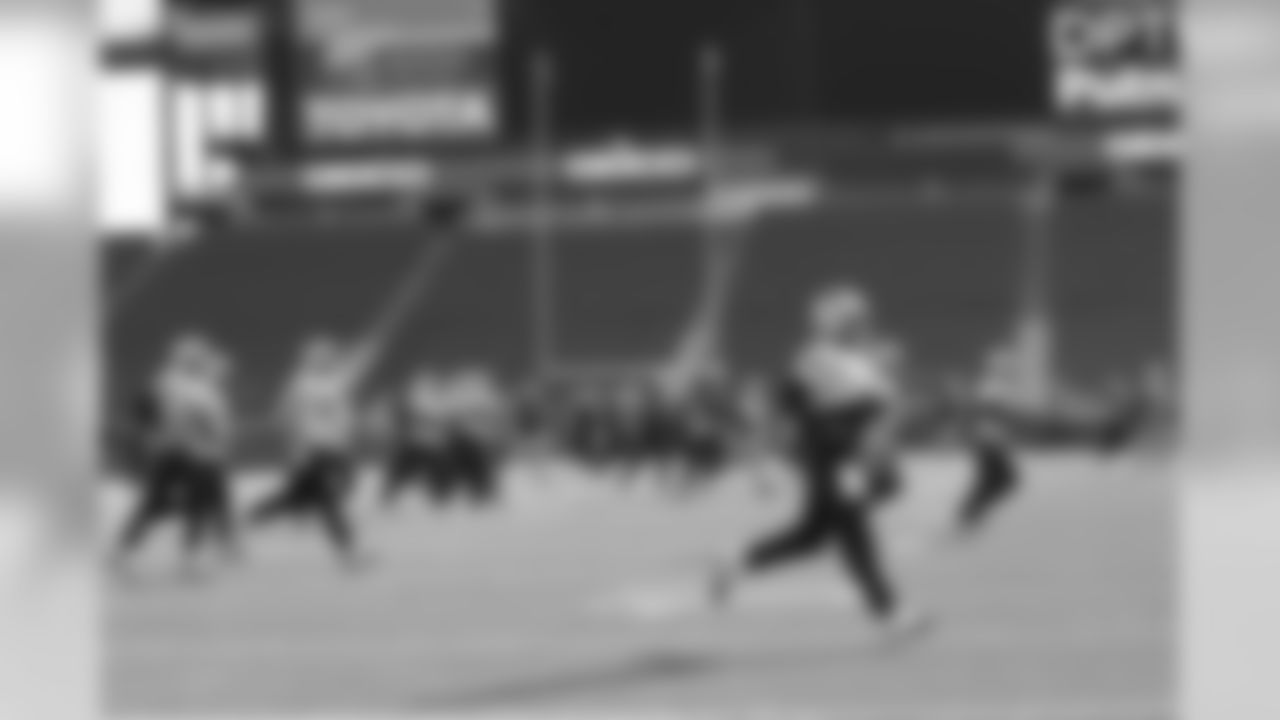

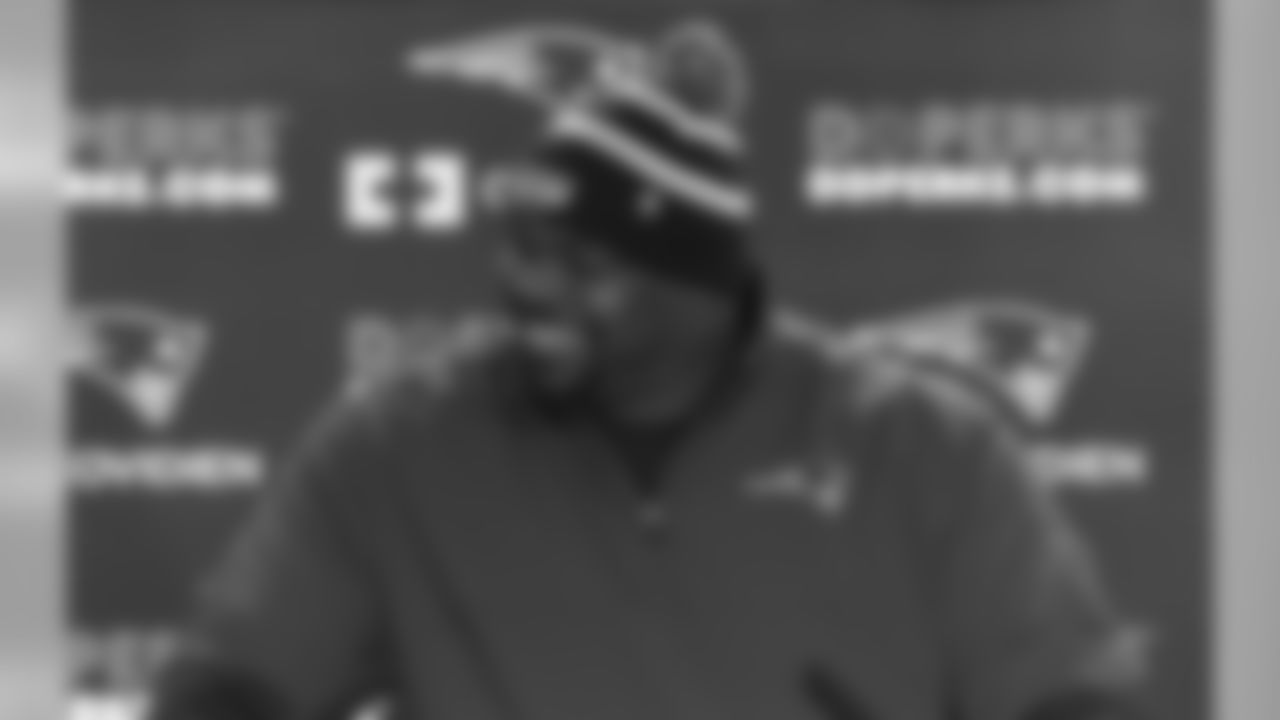

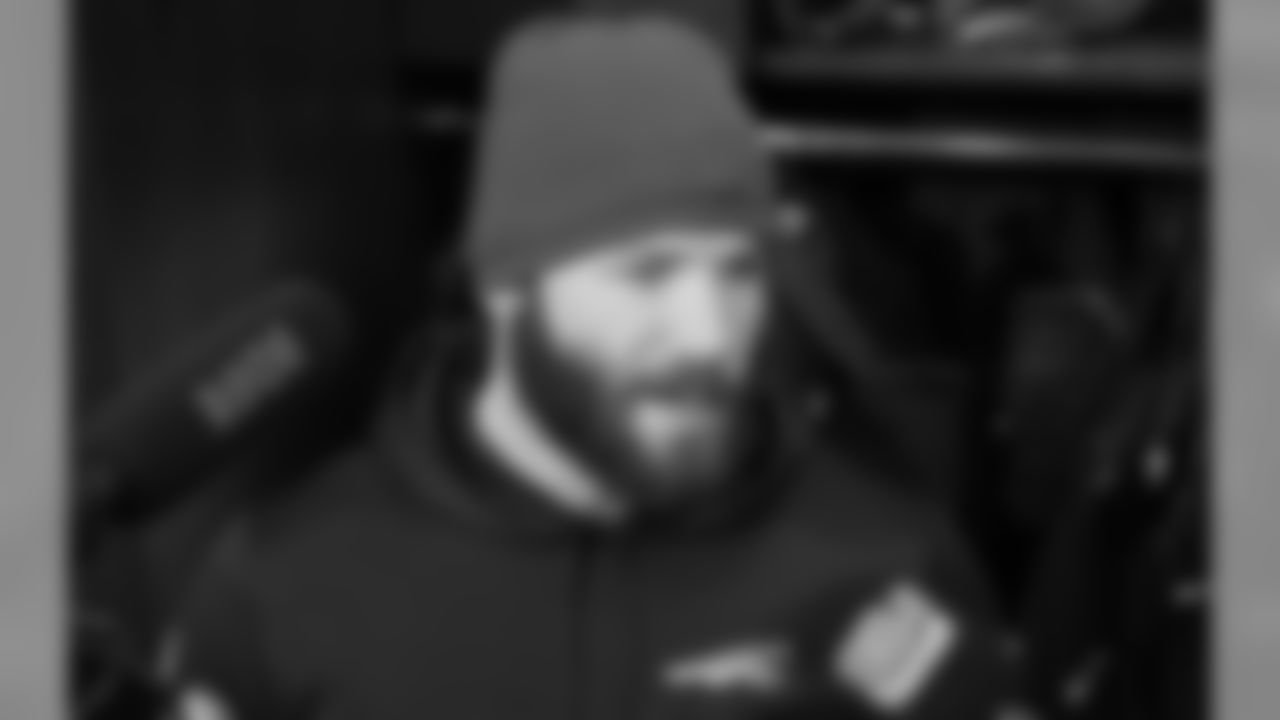
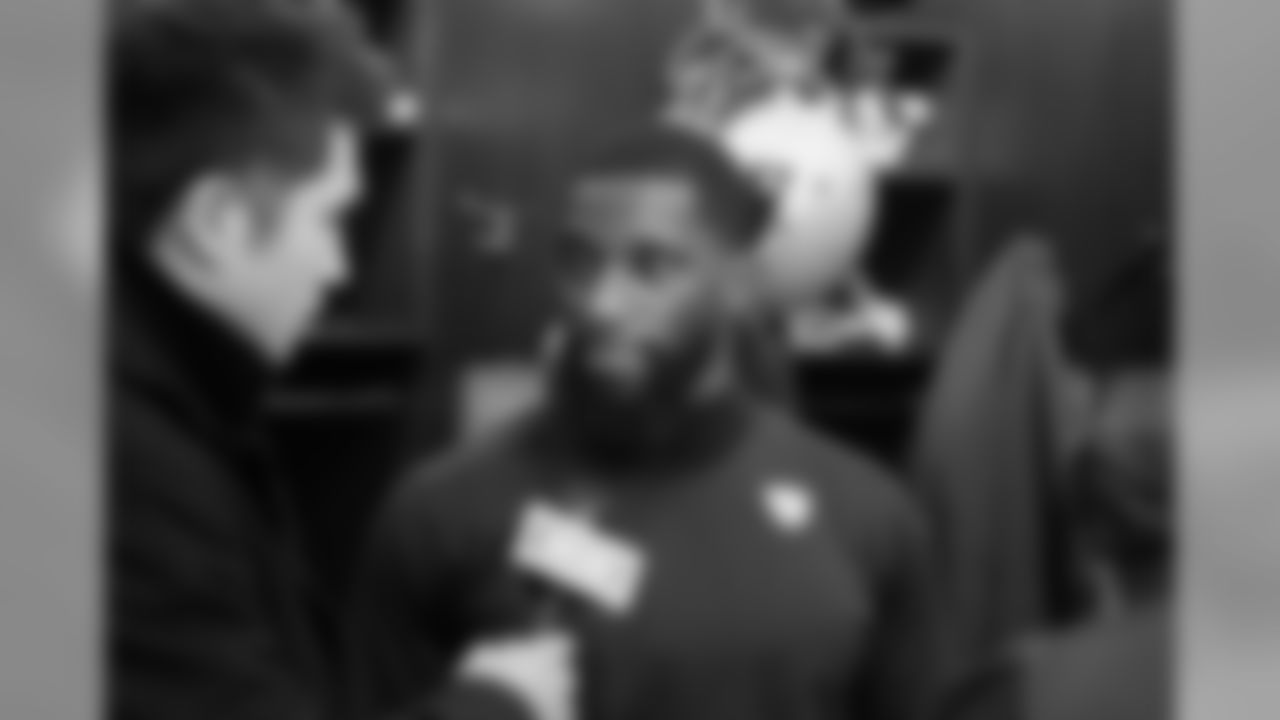
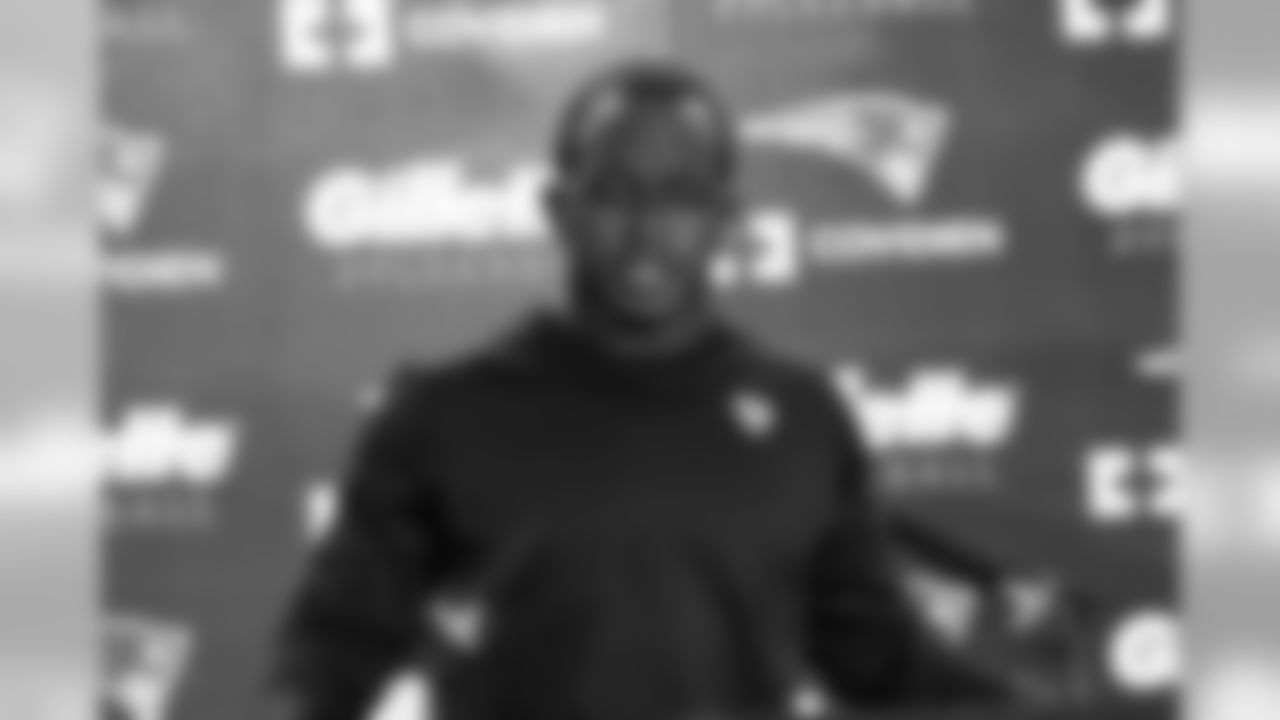

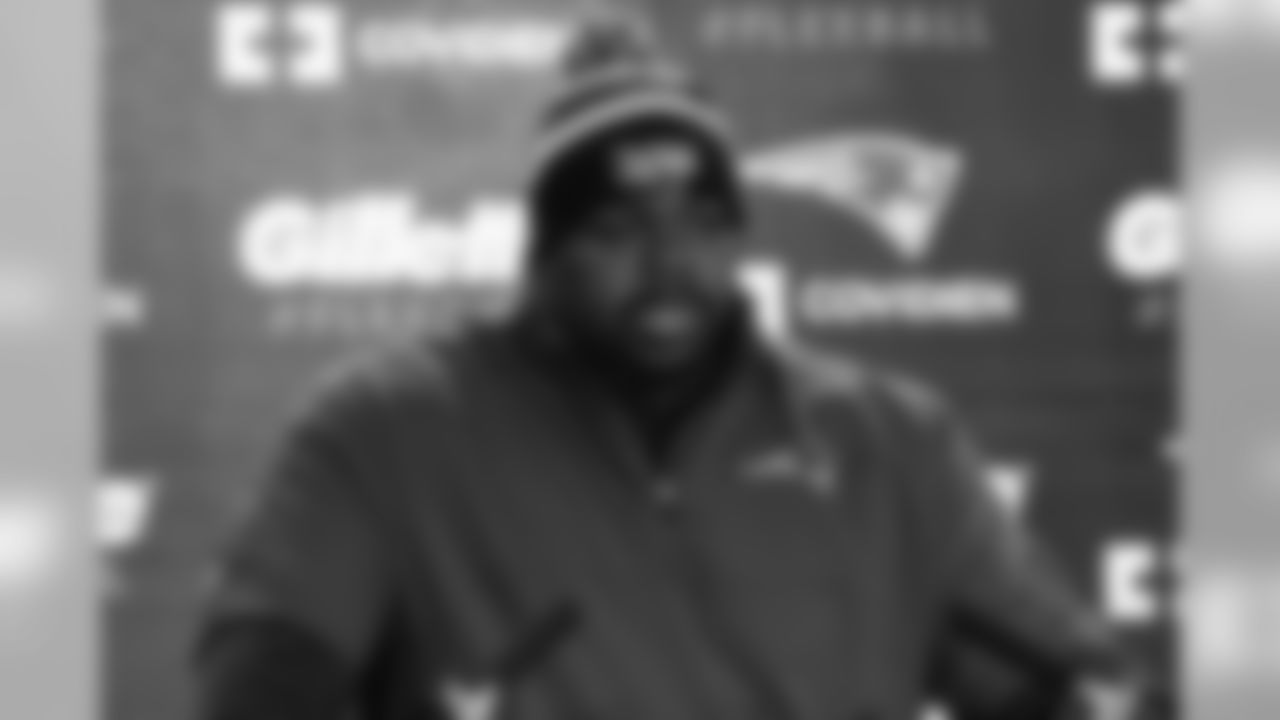
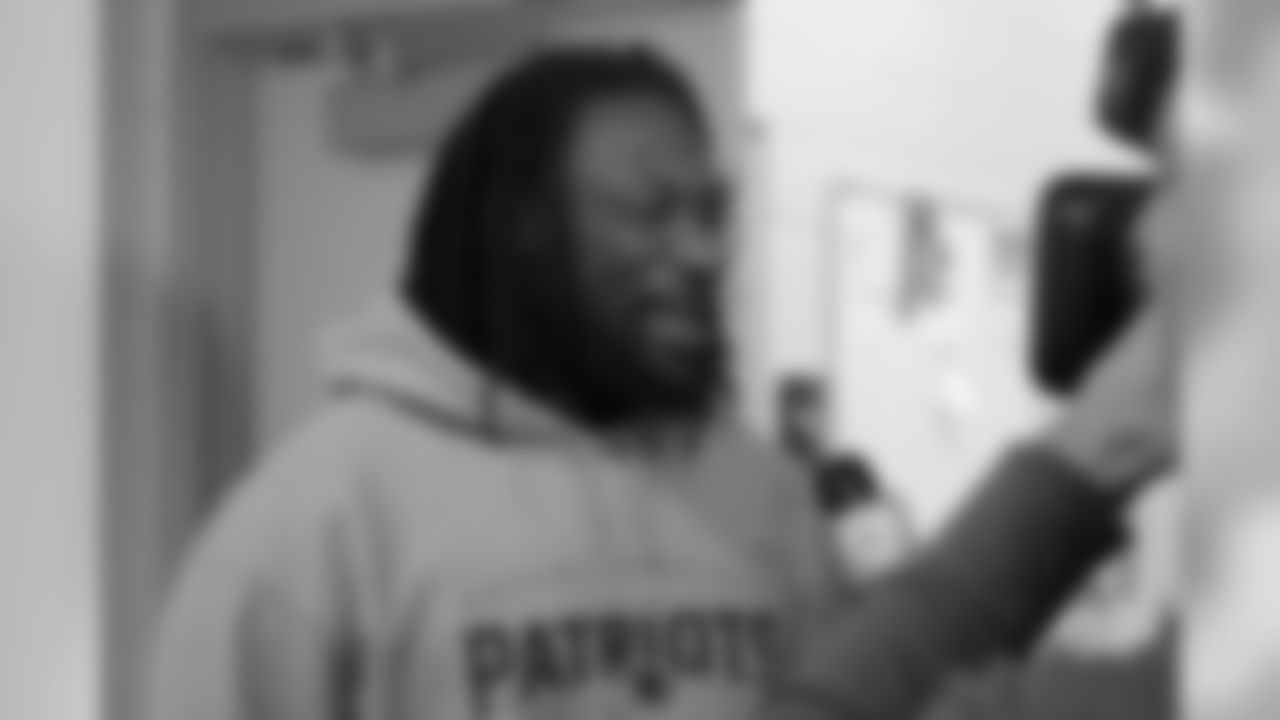
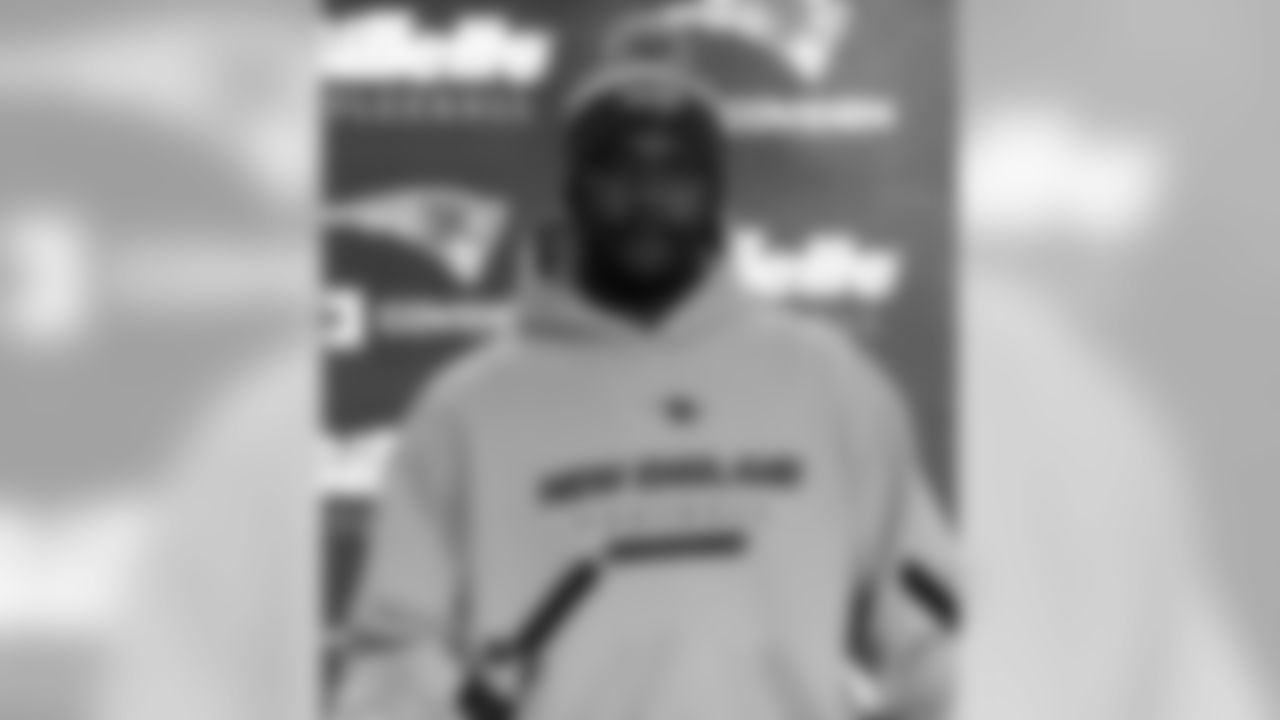
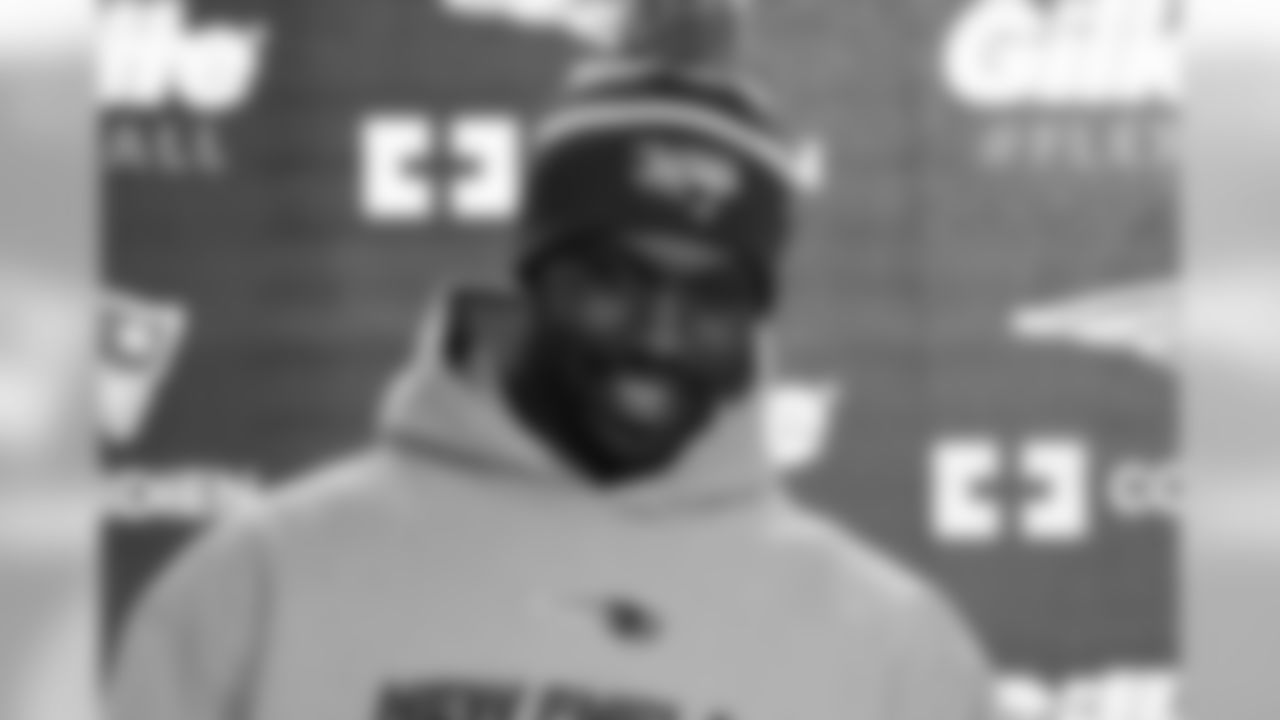

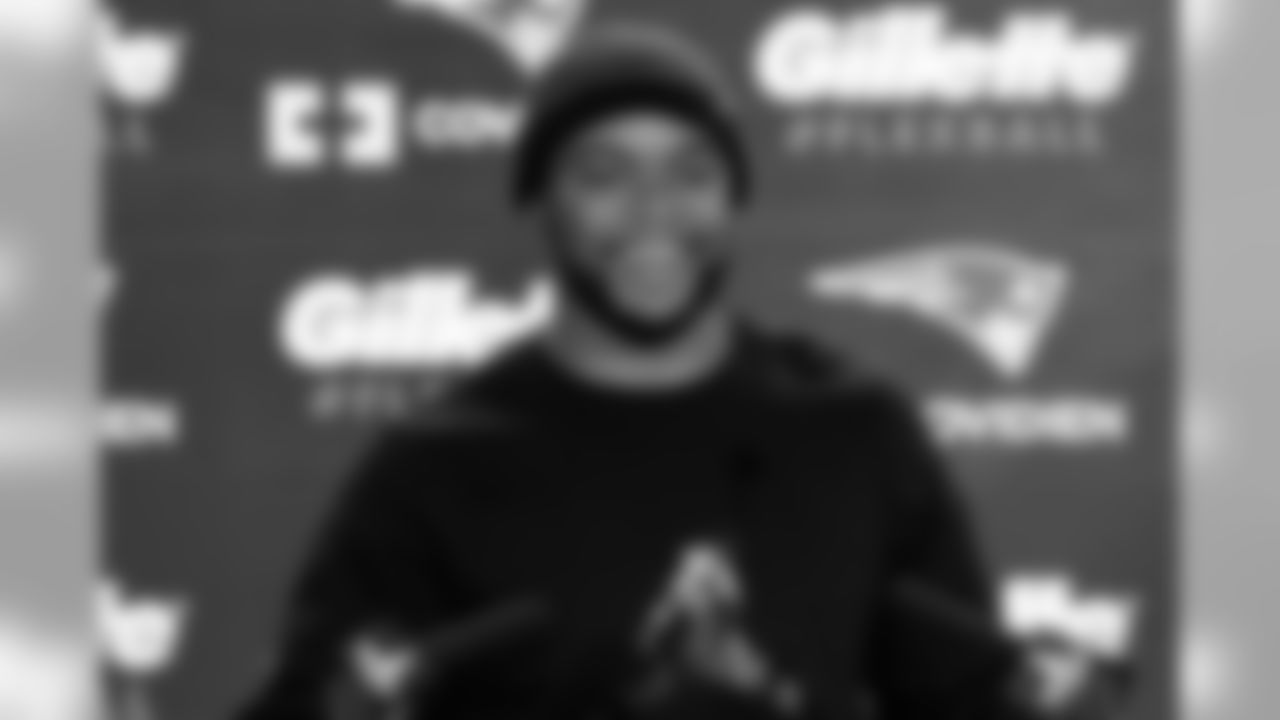


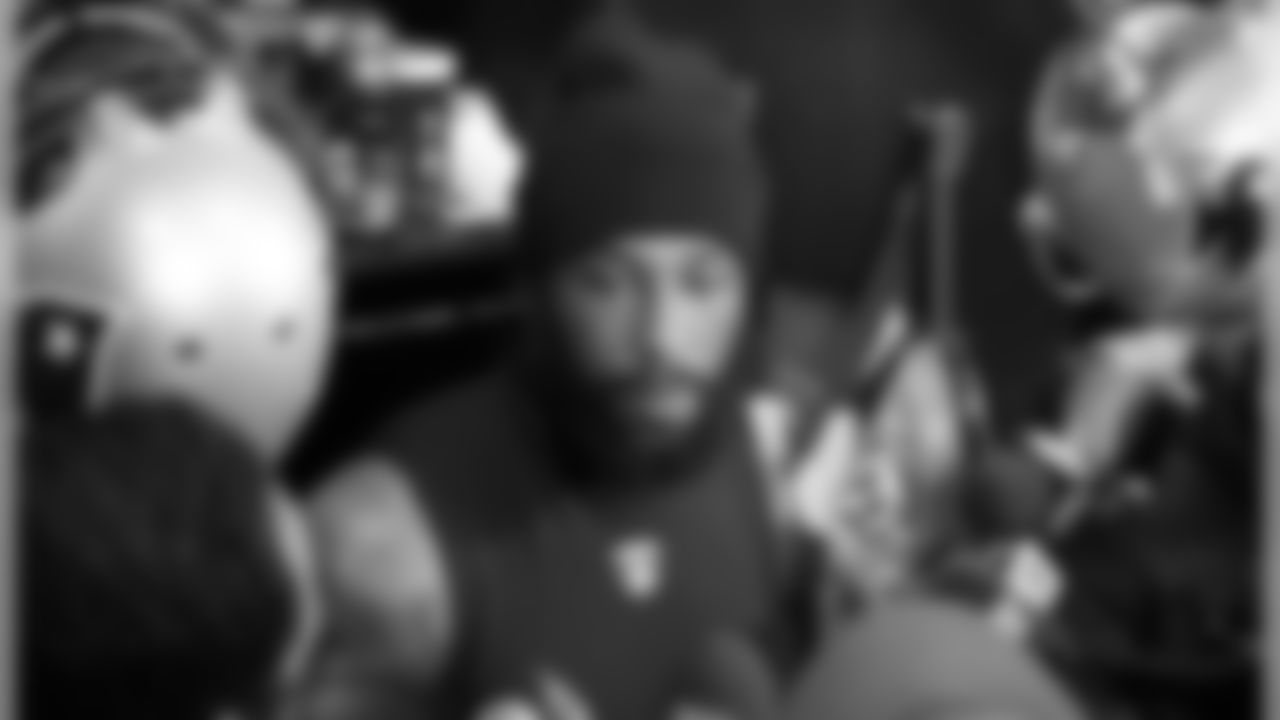

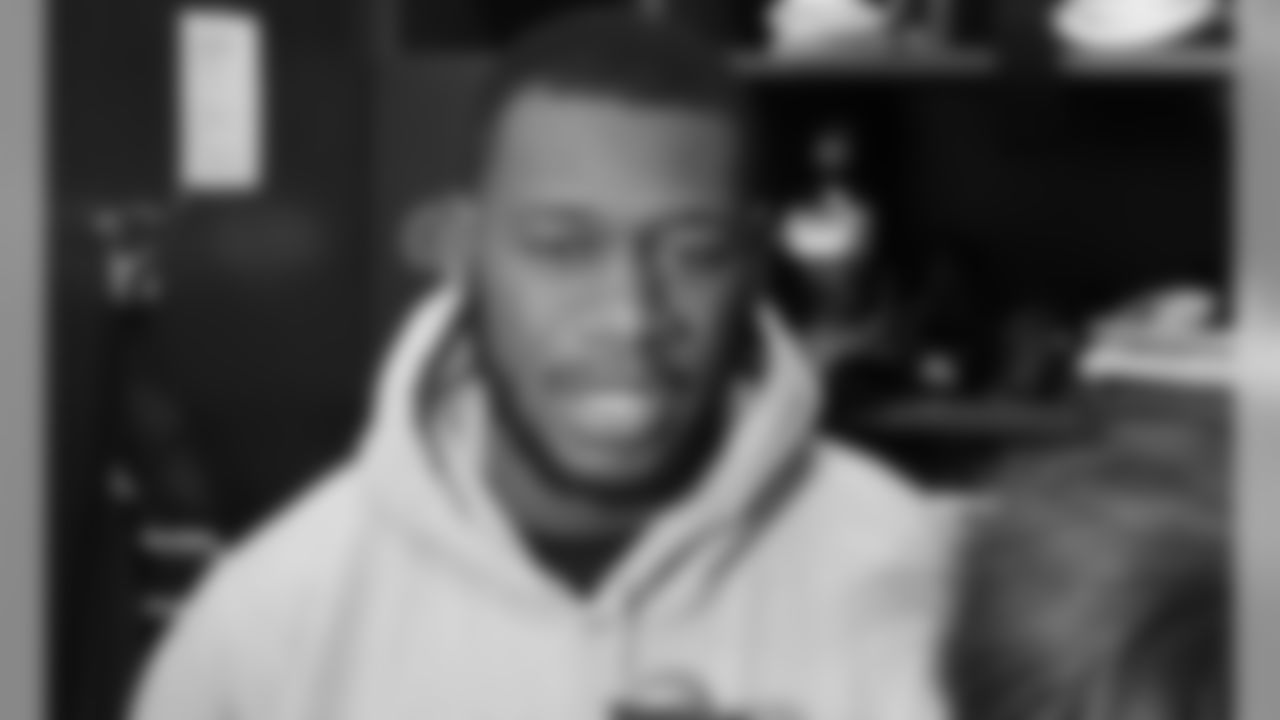
Q:** If you're in man-to-man, should play-action have any impact on the secondary? Or is it as effective as it would be against zone?
BB: That's a great question. In a way, no, but where the conflict comes is you still have to have run-force in man-to-man coverage. You can't just play man-to-man and not account for the run responsibilities. The conflict comes when you have a – and you try to avoid those conflicts. Obviously, defensively you don't want to have 'I'm responsible for this gap, but I have to cover this guy over here.' That's the recipe for disaster. The responsibilities tie together, but your run responsibility and your pass responsibility when they're in conflict or when you're a step late on that, then yeah, you have the guy in man coverage, but if you're a step late covering him because you're trying to get to your run responsibility or vice versa, you're standing there waiting for the pass, but you're late getting to your run responsibility then that creates seams in the run defense. So, it's all those. But that's the way it is on every play. It doesn't matter who the opponent is. That's inherently the offensive and defensive – that's the battle. The offense is trying to get the defense to, if they stop one thing, they shouldn't be able to stop something else. Or, 'We're trying to put this player, whoever it is, in some kind of a conflict and if we don't get him on this, then we'll get him on that.' Or, 'Here's what we think he's going to do,' we'll be able to get him on whatever the complementary play is. It's obvious on a play like a reverse where you're chasing a play down from the backside and that guy's got – but the same thing holds true in all the other positions in the interior part of the line as well. Man-to-man theoretically everybody should be handled. It's the conflicts in the running game that potentially present problems on that.
Q: How much better have Jamie Collins and Dont'a Hightower gotten reading run vs. pass?
BB: Well again, it's one thing to be able to read and recognize those plays. That's part of it. But the other part of it is playing with the guys around you. When plays like that on play-action happen, again depending on what the call is, what you're in and how you're playing it, a lot of times there's a passing pack of receivers or you're taking one guy, I'm taking the other guy type of thing that as the play unfolds, that's the way you want to do it. So it's not just them seeing it themselves, but it's the other guys seeing it the same way and being able to have that communication – not verbal communication, just visual communication – that, 'OK, here's what happens. This is how we're going to handle it.' It's no different than the offensive line handling pass rush blitzes and stunts where guys cross that the linemen – you can be doing the right thing, but if you're not all doing it right together, there's going to be a problem. It's that visual communication that is so important on handling those type of combination plays. But I wouldn't say they have never been able to read those things. It's not like Hightower never saw play-action passes at Alabama. I'm sure he saw more of them down there than he's seen in this league. But it's the defense; it's the handling of those things with other players and their teammates. [It's] no different than it is with linemen handling multiple, four guys blocking four guys, but yeah, we have enough to block them, but we have to be able to see it and handle it properly with those four guys.
Q: For Baltimore, at the linebacker and safety level, who seems to be the most competent at covering the bigger targets between the numbers?
BB: Well, their two off-the-line linebackers are [Daryl] Smith and [C.J.] Mosley. They are almost never on the line of scrimmage and the other guys are almost always on the line of scrimmage. [Terrell] Suggs, [Pernell] McPhee, [Courtney] Upshaw, [Elvis] Dumervil, whatever you want to call him, those guys play on the line. The linebackers play off the line. They have a lot of coverage responsibility, but there are times where they switch it and they bring an inside guy and drop an outside guy. Of course the safeties are part of that too, depending on what the call is.
**
Q:** How have they done? Mosley is from Alabama where they're pretty good at coverage.
BB: They have some plays I'm sure Coach [Dean] Pees is happy with. I'm sure there are plays that Coach Pees is correcting, just like we all do.
Q: Marshal Yanda is one of the better offensive linemen in the league. He has to move around because of personnel. We saw Logan Mankins have to do that last year without slipping. Is Yanda similar?
BB: It's similar but different. Yanda played right tackle at Iowa. The Ravens took him and basically played him at guard. When he's played tackle, he's gone back to his college right tackle position. He played a little bit of right tackle I think his rookie year, maybe it was in training camp, whatever it was. Mankins was the reverse of that. Mankins played left tackle at Fresno [State]. [He] played guard, [Matt] Light played tackle. He worked at left tackle, but then eventually our tackle rotation was such that we didn't need him at tackle until last year in the Baltimore game when he moved out to left tackle. So, yeah: left tackle to left guard to left tackle to right tackle to right guard to right tackle. Similar but different.
Q: Will he be daunted by having to move over one spot?
BB: No. Yanda is a good football player. I think you could put him anywhere. You could probably put him at center, you could put him at left guard – you could put him wherever you want. But he's done a good job where he's been. I don't think they're looking to move him. I think probably you could put him at any position. He can certainly [play] right tackle, right guard, left guard – he can probably play center, like Mankins could, too.
Q: What have you noticed from their fullback, Kyle Juszczyk, I think that is how it's pronounced? He's a Harvard kid, so we obviously watched him play locally. What have you seen and does it look the same as you would have thought from scouting him?
BB: Thank you for pronouncing that. You got me off the hook on that one. He's been a productive player for them. I think he's the second-most used fullback in the league in terms of number of plays. He also plays in the kicking game. [He] runs well, tough kid, blocks well. They throw it to him; he catches it. He's not a primary receiver, but the plays they need to throw to him on, he can catch the ball. He's a tough, hard-nosed kid that plays and does a good job in those situations.
**
Q:** Is it what you would have projected coming out of Harvard?
BB: Yeah, I think kind of what most fullbacks – that's his position. I don't think it's anything else. He's not a running back, he's not a tight end – he's a fullback like most fullbacks are fullbacks. He does play in the kicking game for them. Same type of thing: runs fairly well, plays with toughness. He's shown up there, too.
Q: With Dumervil being a rotational guy and their sack leader, have teams attempted to go no-huddle to keep him on the sideline?
BB: Yeah, they've seen some of that. I think against a team like that then they just end up rotating him in there. They have enough depth at that position, really at all the – the inside linebackers rarely come off the field – Mosley and Smith. They're out there on every snap. The rest of those guys I think they're pretty comfortable with. Suggs is out there a lot, but he rotates a little bit, too. But I think they would just, if they're getting no-huddled, then they would just rotate and play three, four plays and get McPhee in there. Same thing on the line with [Chris] Canty, [Timmy] Jernigan, [Brandon] Williams, [Haloti] Ngata, whoever it is, they just keep rolling them through. But the linebackers don't rotate, I'd say rarely.
Q: Dumervil seems a little undersized. Is he able to use that to his advantage? What's made him effective?
BB: Yeah, I'd say there are a few guys like that. You see guys like that in the league from time to time that are 15-sack guys that are in that six-foot range. But yeah, he's quick. He's got a good edge rush. He's got good quickness to counter and he uses his, I'd say, leverage to be able to get under guys. I'm not saying he's [Dwight] Freeney, but Freeney was another shorter stature guy that had great leverage and great explosion off the edge. I'd say that's Elvis' strength is his explosion off the edge and his ability to use leverage and counter back inside.
Q: Does their defense look different with Ngata back in there?
BB: Again, they have a lot of depth on the defensive line. They have a lot of big guys. I mean, he's a good football player. But they play well with him, they play well when he's – they rotate him in and out of there anyway. But yeah, look, he's a good player. He's certainly a guy they like to have on the field. If they want to give him the week off, I don't think we'd fight with him.
Q: In what ways have you seen Tim Wright grow and develop the most since he's been here?
BB: Probably just learning our system. I'd say that's probably been the biggest thing for him, is just new terminology. Being a receiver at Rutgers, he played tight end at Tampa, but I'd say some of the things he did in the passing game, the type of routes, some of the techniques, some of the adjustments, ours are a little bit different. I'd say that's been the biggest thing for him.
Q: Have you been pleased with the production he's had so far? Is it what you expected?
BB: You don't really expect anything until you start working with him. I think he's got good skills. He's certainly made some good plays for us this year. I think there's still room for improvement. He gets better on a daily basis. He's a smart kid and he understands and takes coaching well. But again, there's a lot of volume, especially at that position. He's involved in every play: protections, hots, zone coverages, linebackers, sub defenses. It's just a lot of volume.
Q: What have you seen from Will Hill this year? What has he brought to the Ravens defense?
BB: He's a physical guy that's given them – I'd say he's kind of the guy they've used in some matchup situations, like in New Orleans; San Diego is another one. He's a guy that they seem to lean on a little bit. Now he got off to – obviously he missed games early in the year and he kind of gradually worked his way in. He's taken over; really he's on the field on all three downs at this point, the last third of the season or so. Again, they used him as some matchup situations, now he's out there all the time. In sub defenses, they can still use him as a matchup guy. But they don't always do that. Sometimes they just leave him at safety and go with Smith and Mosley and whoever the nickel back is – [Matt] Elam or [Anthony] Levine. Dean changes that around a little bit depending on who they're playing and what the personnel group is and so forth. But he's definitely given them some good coverage plays against tight ends and those situations. [He's a] physical kid, good tackler.
Q: How important has Devin McCourty's leadership been with new players in the defensive backfield?
BB: Safety is an important communication position in any defense, certainly in our defense. Devin always does a great job of that. It's critical every year – with new players, veteran players, it doesn't make any difference. It's critical for the communication to start from the inside and work its way out to the perimeter, with the safeties and the linebackers. Devin does a good job on that. He studies, he's smart. He knows what we're facing, how the teams are, what their tendencies are, how the quarterbacks play and he knows what we're doing. It's important for him to be able to use the tools that we have to make the right adjustments or calls or whatever based on the situation. He's done a good job of that. And he's a good communicator. He works well with whoever he's had back there. He's played with a lot of different guys since he's been here, but he's always communicated well and worked well with those guys.
**
Q:** How much improvement have you seen in Chandler Jones' overall game, particularly setting the edge and his responsibilities from his rookie year to now?
BB: I think like any player, like most players, there's a big jump from year one to year two. But you know, Chandler works hard. He has a lot of versatility in his play, so he's able to help us in a lot of different ways. He's played inside, played outside on the edge, played up, played down, played some in coverage. He's been a big guy for us in the field goal rush and that type of thing. He contributes in a lot of different ways. I think that versatility is key for him because he is smart and he can do different things for us. Just the basic fundamentals of his position I think were good to begin with and after a year he was able to take a pretty consistent level and now there's always fine-tuning that goes with it. But that's what it is. It's pretty solid.
Q: No team has drawn more pass interference calls this season or since Flacco came into the league than the Ravens. Is that result of the nature of their offense taking more shots downfield on the edges? Is there an art to drawing defensive pass interference?
BB: Part of it is I think defenders, [a] guy's behind them and interfering. Part of it is the underthrown balls that receivers come back for that the defenders interfere with. Pittsburgh had one of those last week. I'm trying to think of the interference calls that Pittsburgh had last week, they definitely had one. I think the underthrown balls are an issue. That was the personal foul on [Mike] Mitchell. It wasn't really interference; he hit the guy in the head, but it was the same thing. They were behind him and he was running full speed to catch up and it's hard to have the kind of body control when you're just running as fast as you can to try to make up that ground. So if anything happens that's a bit off of what a guy's expecting or what he's going for, those are the fouls you can get. But yeah, I think their deep balls cause a lot of – they get a lot of penalties on those, more so than five-yard crossing routes and stuff like that.
Q: Is there a feeling out period in the postseason with an all-star crew that hasn't worked together?
BB: I think it's like that every week. You can scout them all you want, but I think usually there's a certain point in the game that you can get a sense of, 'This is kind of how the game is being called.' No matter who the crew is, there's probably a certain element of that.
**
Q:** Is a defensive back on the outside virtually helpless on an underthrown ball when a receiver stops short and starts running back? What's he supposed to do?
BB: Turn and look for the ball.
Q: If you're running top speed and stop.
BB: Well, the receiver you're covering slows down, right?
Q: If he slows down.
BB: Why is he slowing down?
Q: For the ball.
BB: Turn and look for the ball.
Q: If you're running stride for stride with someone right on them.
BB: When the guy slows down –
Q: What if there is no slow down?
BB: Then he's not coming back for the ball. Then it's a back-shoulder throw and you're going to try to match his hands and put your hands where his hands are on the back shoulder. But if you're chasing a guy and then all the sudden you catch up to him as he slows down, then why is he slowing down? That means the ball is about to be caught, that means you turn around and look for it. If you turn around and look for it and contact the receiver, then it's not a foul. If you keep running into him and you contact the receiver, then it's a foul.
Q: Even when the head turns, you're still sometimes going to see that flag. It's a difficult spot on those underthrown balls.
BB: It's a technique thing. If you play the technique properly then you're OK. If you don't play it properly, then it's going to be a foul. Back-shoulder throws, that ball comes in a lot tighter. The receiver, he doesn't come back through the defender. He usually comes back behind the defender. The ball is behind him so the defender has to try to quickly turn and match where the receiver's hands are and try to get his hand in there. Assuming he's looking at the receiver, which is usually the case. It's usually when the quarterback throws it. If you're chasing a guy down the field and the guy slows down, why is he slowing down? You're not that much faster than the other guy. Really, you have to see that space close and close quickly and then turn around and react to it.
**
Q:** They have some DBs learning on the fly. Are there any common characteristics or skills it takes DBs longer to learn?
BB: Who are you referring to?
Q: Some of the young DBs for the Ravens.
BB: You should talk to Dean about that or [secondary/assistant head coach] Steve [Spagnuolo] I'm just trying to coach our team. I don't know.
Q: When you're preparing for a team that draws some penalties, is there an emphasis on fundamentals for your players? Is there something you guys as a coaching staff can do in drills?
BB: Anything that's pertinent to that particular team. It could be drills, sure. If there's some particular thing that they do that maybe you haven't seen enough of or you want to emphasize, sure. But the rules are the same every week. There's no change in the rules.
Q: Do you think that how often you practice in the conditions is as much of an advantage of you as the crowd is?
BB: We can't control any of that, so I don't really care about that. I don't worry about it one way or the other. Whatever it is, it is. We can't control it.
PATRIOTS RB SHANE VEREEN PRESS CONFERENCE
**
Q:** How excited are you for the playoffs?
SV: Yeah, I've been excited for a couple days now. It's the best time of year for sure. It's definitely something that I know the team is looking forward to; it's definitely something I'm looking forward to. You play all season, all 16, for this opportunity. We're grateful for the opportunity and hopefully we can go out there and perform well.
Q: As good as the Ravens are at stopping the run, how important is it to keep the run game going against Baltimore?
SV: Yeah, absolutely, when you are going against a tough front like with Baltimore; being able to establish some type of run game, being able to establish something on the ground is huge. They are a good defense, great defense. They come at you from a lot of different ways, but the strongest point we feel is the front and how disruptive they have been all season.
**
Q:** How important is the play-action?
SV: The play-action is always important for any offense. In order for the play-action to be successful you have to be able to establish some type of a run, some type of a threat on the ground, in order for them to respect the play-action. You know, when we get the run game going, we can use the play-action pretty well.
Q: Most teams come to Gillette Stadium not feeling that they can beat the Patriots at home, especially in the playoffs. The Ravens have done that. Do you realize how much of a difference that makes when a team comes in here believing?
SV: I think each week regardless of the game – whether it's here or away – we focus on ourselves and we do what we have to do regardless of the opponent. We don't really pay attention too much to the stuff that goes on outside of this stadium and outside of this locker room. We are very tight knit. On Sundays, and Saturdays for this matter, it's going to be more about us, less about who we play. It's going to be about us and how we execute.
Q: When it comes to blitz pickup or pass protection, is it defenses that poses some problems? Will they overload on one side, come from the other side and so forth?
SV: Yeah, they show all of that. They have a lot of different things that they do rush-wise, which is going to be tricky for us, which is something that we're definitely going to have to pay attention to and stay alert for. That's why they're a good defense. That's why they have so many sacks [and] that's why they have so many negative plays. They do a good job of confusing the offense, confusing the o-line and we're going to have to really be aware and alert on our Ps and Qs.
Q: What kind of challenge is it to hold on to the ball when it's this cold? We hear stories about the ball getting slippery and hard as a rock. What's the challenge as a runningback?
SV: It does get hard, it gets slippery, but that's why we practice in it. It's never an excuse. When it rains it's hard to hold on to the ball as well, but that doesn't mean you can go out and fumble. It adds a little difficulty, but it's nothing too bad and concentration and effort should take care of it.
Q: So you are happy Coach Belichick is making you practice outside today?
SV: Happy is not the word that I would use, but we're going to do it and we're going to get it done. It's going to make us better.
**
Q:** How tough is it in a game when it's blistering cold? Is it something that you're thinking about, or are you so in the moment that you don't feel it?
SV: A little bit both. In a game it doesn't really bother you as much as you would think because you are so focused on the game, but when that wind comes out of that tunnel it's kind of hard to ignore. It's part of it, you're not going to just not play well just because of the cold. You just got to go out there and get through it and play as well as you can.
Q: What kind of relationship do you have with Justin Forsett? Is there a commonality in the way Cal teaches their running backs?
SV: Me and Justin have been pretty close friends since I got to Cal; he was a senior when I was a freshman. I learned a lot from him. I mean that was the first running back I think I looked up to in the college game. We've continued our relationship through there. It's been cool [and] it's been fun. I think the thing that we take out of just playing at Cal is just we were taught well. We learned from a very young age how to play the game, how to play the game right and fundamentally how to be sound. I think we've just been able to take that to the NFL.
Q: Have you been in contact with him at all this week or is there a no contact rule during the playoffs?
SV: No, I have not talked to him this week. There's no rule against that, I just haven't. I've talked to our running back coach though; he talks to all of us each week – so communication through there, but nothing major.
Q: He's had a rough go of it in the NFL. Are you happy to see him have success this year?
SV: Yeah, I mean I'm happy for any of my teammates [and] any of my friends that are in the league. Very happy for him; he deserves it. He's a hard worker, he's a good runner and he's shown it all season long.
Q: How much does practicing against Vince Wilfork and Sealver Siliga help you prefer for Haloti Ngata and Brandon Williams?
SV: Just practicing against our defense in general is good for our offense. You look around, we have studs all over the place and that's great for us. We get to work against a good defense each and every day that we go out to practice.
Q: Have you seen two big bodies like that in the middle of the defense this year?
SV: Oh yeah, we've gone against a lot of tough d-lines, big d-lines. No exception this week, they are just as big and tenacious and stop the run very well. We're going to have to play well against them.
Q: Is there anybody that embraces the cold weather?
SV: Being from California, it's a little different, but I would say that I have embraced it now in year four. I've learned to play with it [and] to deal with it. It's definitely not on my mind as much as it was a couple of years ago.
Q: The playoffs are obviously so different than the regular season. Does anything during the week in terms of preparation change?
SV: Focus – I think as a team you have to have more focus in this time. Everything is so much more crucial. You either do it now or you wait until next year to do it. I think that's the best part about the playoffs, it adds so much more to the game – so much more intensity and so much more focus. You're going to get every team's best shot and that's what you want.
Q: We saw a couple guys wearing those Do Your Job hats. Does that take on an added importance of urgency this week?
SV: Absolutely – we've been hearing that ad nauseam for a long time and it's engrained in us now. It's definitely something that when we do our job we do play well and hopefully we are able to do that on Saturday and here on out.
PATRIOTS DE CHANDLER JONES PRESS CONFERENCE
**
Q:** Joe Flacco has this 'Joe-Cool' perception, how much different is he under pressure?
CJ: Joe Flacco is a great quarterback. A lot of people underestimate his speed; he can run the ball and he can throw the ball as well. It's my job as a pass rusher to try to contain him.
Q: Do you notice anything different in the playoffs in his game on the road?
CJ: Well not just Joe, I feel like every player, when it's the postseason and now when it's this late in the season, I feel like a lot of players have more sense of urgency. Like I said in a previous interview, mistakes can't be limited, but they have to be eliminated. At this point in the season you want to be perfect, and Joe Flacco has been pretty perfect late in the season.
Q: Can you describe the challenge in defending their boot-action and play-action in the passing game?
CJ: Yeah, they do a good job of protecting Joe. They have a lot of guys in protection and they'll send a few guys out on routes and they are pretty effective on it. They've got both Smiths, Torrey and Steve, and they do a good job of being efficient with that whole concept of the play-action pass.
**
Q:** When it's cold like this does, the ball come out or can you go after the ball a little more as a defensive player?
CJ: The weather doesn't really matter. When you're playing football, sometimes you are playing in rain, sometimes you are playing in snow and sometimes it's nice and sunny or it's cold like it's going to be on Saturday. The biggest focus is out executing Xs and Os.
Q: How itchy are you to get out there since you haven't had really a meaningful game since the Week 16 game? It's been three weeks since you've had to play meaningful football.
CJ: I don't use the term, 'meaningful football.' Every opportunity that you get, like the last time that we played in Buffalo, is great. It's a great opportunity. 'Itchy,' you can use the word 'itchy,' as far as playing. Personally, I want to play. I'm excited. I would play tomorrow if I could. We'll see and we'll be ready for Saturday.
Q: Are you excited about practicing in today's weather?
CJ: I'm heading out and practicing in probably about 10 minutes. I'm excited to go out there and practice.
Q: The weather doesn't bother you?
CJ: We practice in it every day.
Q: Did you ever practice outside at Syracuse?
CJ: Sometimes. We had the Carrier Dome at home, but when we had away games that probably would be cold we would go out and practice outside.
Q: Drawing upon those experiences in this?
CJ: A little similar, definitely.
Q: When you do play in cold weather like this, how much of it is mental?
CJ: Well I feel like our coaches, Coach [Bill] Belichick and everyone around the organization, they do a good job of prepping the players to play in this weather. I feel like practicing in it is good. Like I said, we've been in it every day. It's nothing new.
Q: What do you have to be aware of while playing on the edge with their zone-blocking schemes, cut-blocks, and stretch runs?
CJ: Aware of everything. It's a state of being aware; knowing if a guy's pads are a little lower than usual, maybe, might indicate that he's getting ready to cut you. So just playing aware in general, that's something that you do have to look out for.
Q: What one word would characterize the mood in the locker room and at practice?
CJ: Well personally, I would feel like [it's] just winning. That's our biggest focus and that's my biggest focus. No matter how you do it, it could be ugly, it could be pretty, but at the end of the game you just hope to win.
Q: Do you have to play lower and use your hands more to ward off cut-blocks?
CJ: I feel like that just goes back into the state of just being aware of what the guy across from you is about to do.
Q: You mentioned the coaches doing a good job of preparing you guys, is it more mental the fact that they put you out there all the time, or is it physical as well?
CJ: Well, personally I think it's a bit of both, mental and physical. I feel like the mind and the body work together. If you get guys kind of like 'Oh, I'm out here and I'm freezing then your body feels the same way,' so I feel like it's a bit of mental and physical. Being out here and practicing in it is good for our team.
Q: How much of a home-field advantage do you feel that gives you?
CJ: Not too big. I mean it's good to be out here in front of our fans, but basically I feel like in order for us to win this game we have to execute our Xs and Os and we have to play our best football.
Q: How much are you invested in what your brother Arthur Jones is doing right now?
CJ: Not at all, not at all. I feel like it's a one-game week when you are playing in the postseason, so you have to focus on your task at hand and then move on the next week as you approach them.
WR BRANDON LAFELL
**
(On the excitement for playoff football)**
"Man, I'm real excited. We had the bye week last week, got a couple guys back on the field, did a lot of good work, worked on ourselves. But it's go time now."
(On how he's feeling)
"I'm doing great, resting my body up a little bit. Last game, we're ready to play like players."
(On people worrying about his health status)
"There's no need to hold their breath on me. I'm fine, but also we got guys like Brian Tyms, Josh Boyce, we've got Els [Julian Edelman] and we've got DA [Danny Amendola] – guys that have played in the league for a long time and guys that can make plays. I don't have to worry about anything."
(On managing his body in cold weather)
"There isn't anything you can do for this cold weather. Just go out there and hopefully your body will warm up sooner or later and just go out there and play fast."
(On taking care of the football in cold weather)
"That's a priority every game. You go out there and you try to be the team that controls the ball, win the turnover battle. But in games like this when it's cold, the ball gets a little slick, it gets hard, [so] you've got to put two hands on it to protect it.
(On missing warm weather in Carolina)
"You've got to give some and lose some. I gave up the hot days in camp in Carolina for the cool days up here, but now I've got this cold, harsh winter, and it's a little warmer in Carolina. But hey, we're still playing ball and I can't complain about that."
RB LEGARRETTE BLOUNT
**
(On if he thinks he can repeat his record performance against the Colts in the Divisional Round last year)**
"I want to play well all the time. Some games just don't go as well as that game did, but I'm always looking forward to having a good game. I'm never going to back down from anybody. So, yeah, I feel like I'm going to play [well] against them."
(On the need to protect the ball in cold weather)
"It's going to be big for us to hold on to the football, don't turn the ball over, because we don't want to beat ourselves. We've got to go out there and be as effective as possible in running the football so we can be versatile with our play action [passes] and stuff."
(On what makes the Ravens good at stopping the run)
"I don't know what it is. I just know they've got a lot of good players on their team with [C.J.] Mosley, [Terrell] Suggs, Haloti [Ngata]. So, I don't know if it's the coach and I don't know if it's the players, but whatever they're doing, they're good at it, and we're going to try to expose it."
(On if running backs cherish cold weather because they get more carries)
"We get cold, too. Running the football is going to be a big factor because, like you said, it's cold outside, they're going to have come hit us repeatedly, and I just feel like whoever's will breaks first is going to lose."
(On not fumbling in cold weather)
"You just have to be conscious of where you have the ball at all times. You can't carry it low. They're really good at stripping the ball, getting the ball away, so you just have to be conscious of where you have the ball at and where you are on the field at all times."
(On if it's an advantage that they've played against the Ravens in the postseason before)
"It isn't going to matter. It's going to be a different game. This is my first time playing them in the postseason. I know what to expect. Bill [Belichick] has talked to us about everything, so I know what to expect and I know what to look for, too. So, I'm excited to play."










































